Located on the southeastern coast of Sicily, Syracuse and its island neighbor, Ortigia, offer the perfect blend of seaside charm, history, and culture. Explore ancient Greek ruins, dine on seafood and traditional Sicilian cuisine, and wander the very picturesque city streets in Ortigia. In this guide, we will show you the best things to do in Syracusa and Ortigia, from must-see landmarks to hidden gems you won’t want to miss.
On our visit to Sicily, we spent one full day and night here. It was just enough time to see the main city sights, before moving on to our next destination in Sicily, the amazing Val di Noto.
We spent the morning in Syracuse, visiting the Neapolis Archaeological Park, which contains one of Sicily’s most important Greek archaeological sites, the Greek Theater. The afternoon was spent exploring the magical island of Ortigia, strolling its streets and sampling seafood, local cuisine, and chocolate.
Syracuse and Ortigia can be visited on a day trip from Catania or Taormina, or you can do what we did, and spend a night or two here.
In this guide, we’ll cover how to plan your visit to Syracuse and Ortigia: the best things to do, where to eat, where to stay, plus transportation logistics.
A Brief Geography Lesson
Syracuse is an ancient Greek city. It was founded by the Greeks and in the 5th century BC, rivaled Athens in size. This city is packed with archaeological treasures, some Greek, some Roman, and because of this, it is listed as a UNESCO World Heritage Site.
Ortigia (you may also see it spelled Ortygia) is a small island just off the coast of Syracuse. This is the old town and it feels like stepping into another era, with narrow alleyways, lively piazzas, sea views, and some of the best food you’ll eat in Sicily.
A few bridges connect Syracuse and Ortigia, making this “dual city” easy to get around on foot.
Best Things to Do in Syracuse & Ortigia
This list is organized geographically, starting with highlights in Syracuse before moving on to the enchanting island of Ortigia.
Things to Do in Syracuse
1. Neapolis Archaeological Park
The Neapolis Archaeological Park is an open-air museum that contains some of the most important ancient Greek and Roman ruins in Sicily. If you are into ancient history, this is a must-see.
Here are the main highlights:
Greek Theater: This massive, well-preserved amphitheater was carved into the rock, dating back to the 5th century BC. It is still used for live performances.
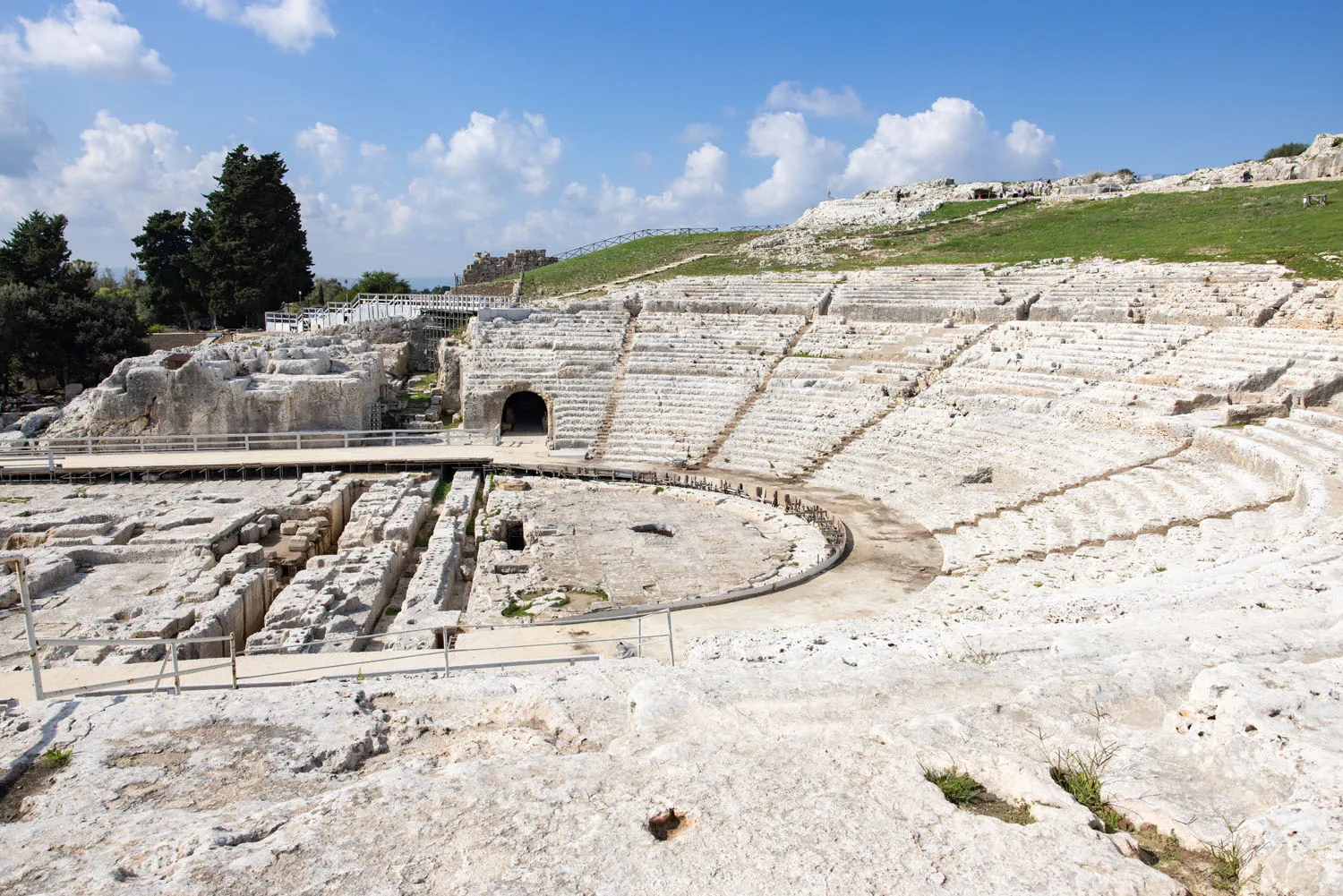
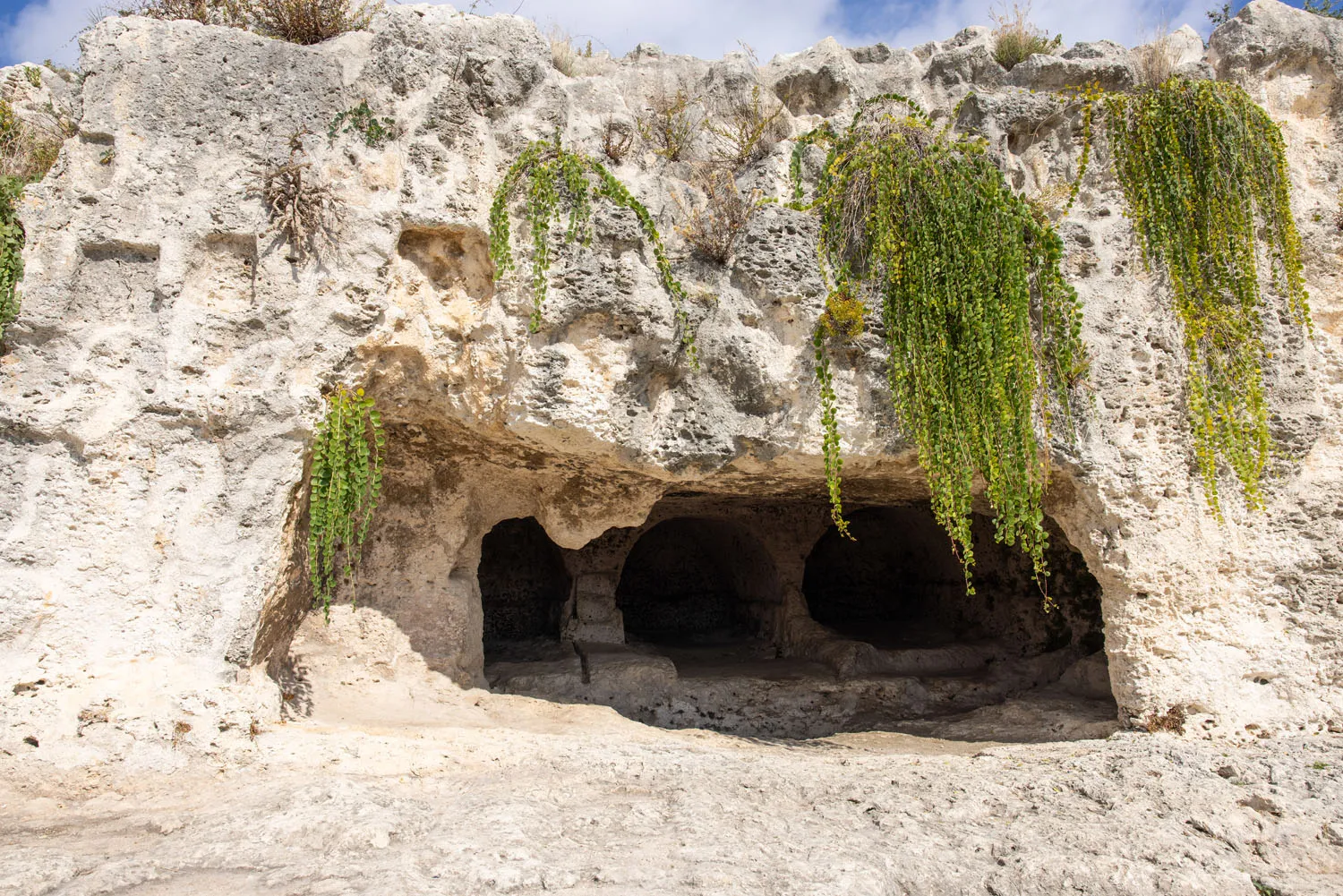
Roman Amphitheater: This theater is slightly newer, dating back to the Roman era, and it was used for gladiatorial battles. A walking trail with a few viewpoints runs around the perimeter of the amphitheater.
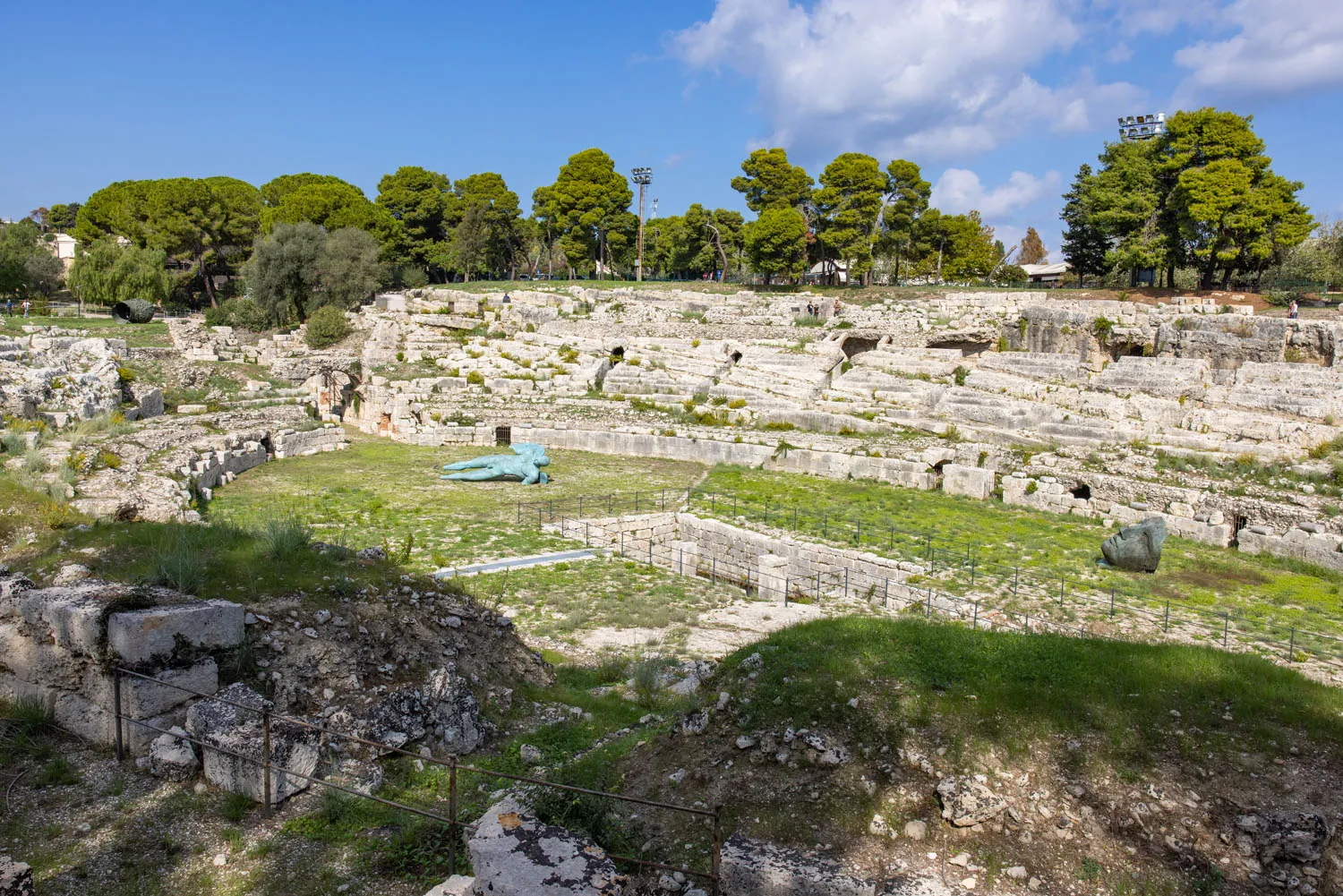
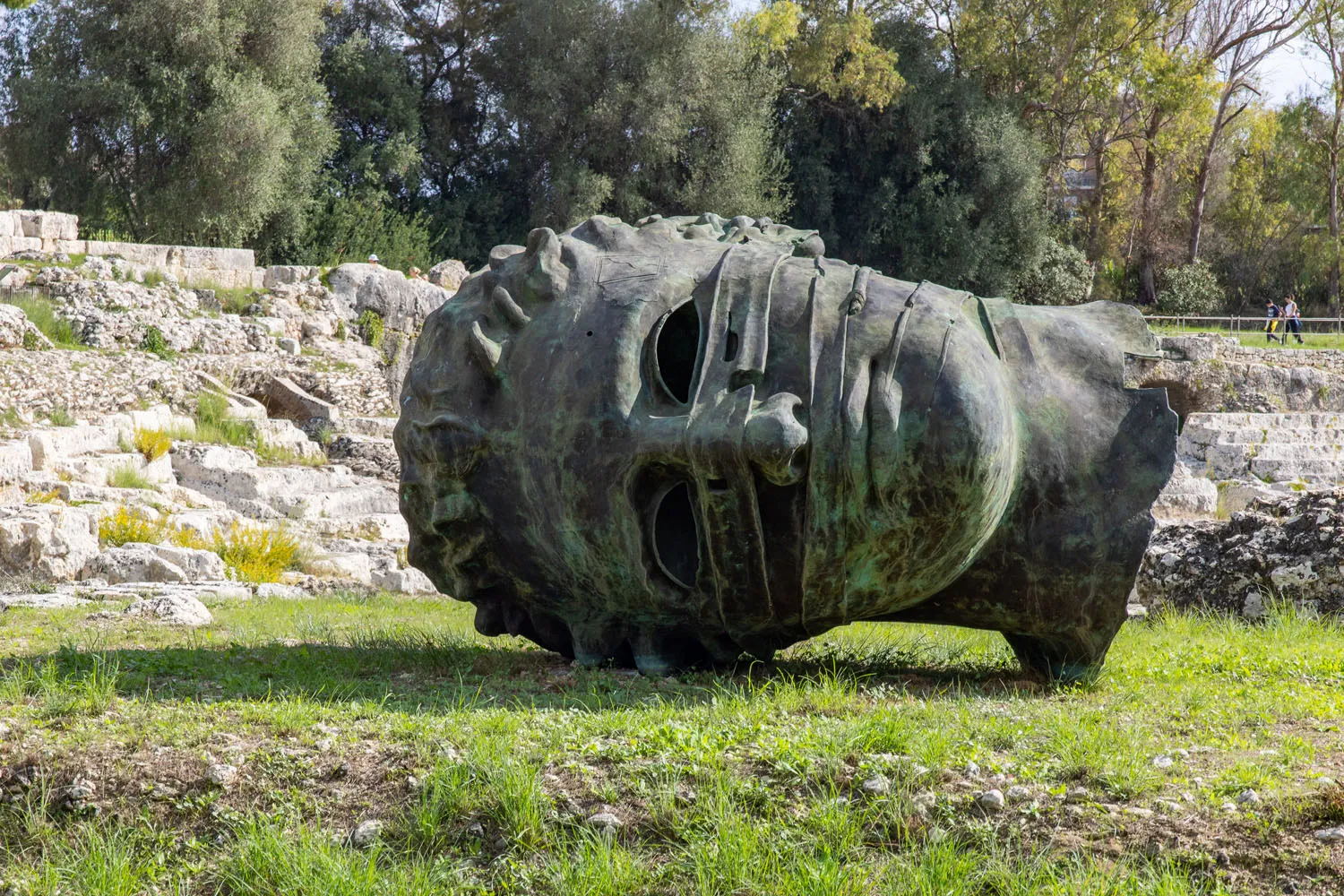
Latomie del Paradiso: These sandstone cliffs were used as stone quarries. A network of walking trails runs through this gardenlike setting, leading to caves and grottos.
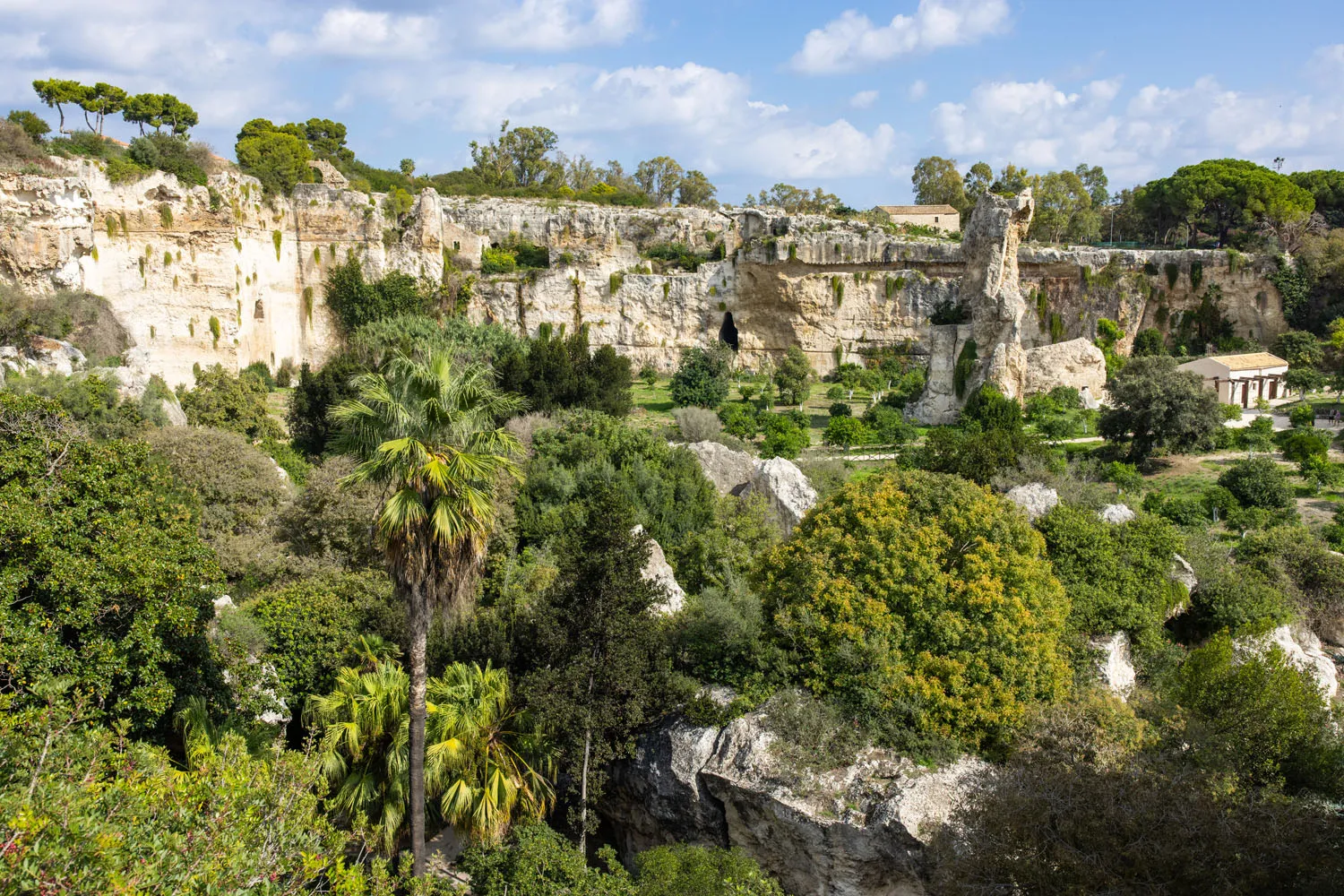
Ear of Dionysius (Orecchio di Dionisio): A giant, ear-shaped limestone cave with incredible acoustics and legends to match. Supposedly, the tyrant Dionysius used it to eavesdrop on prisoners. It is located in Latomie del Paradiso.
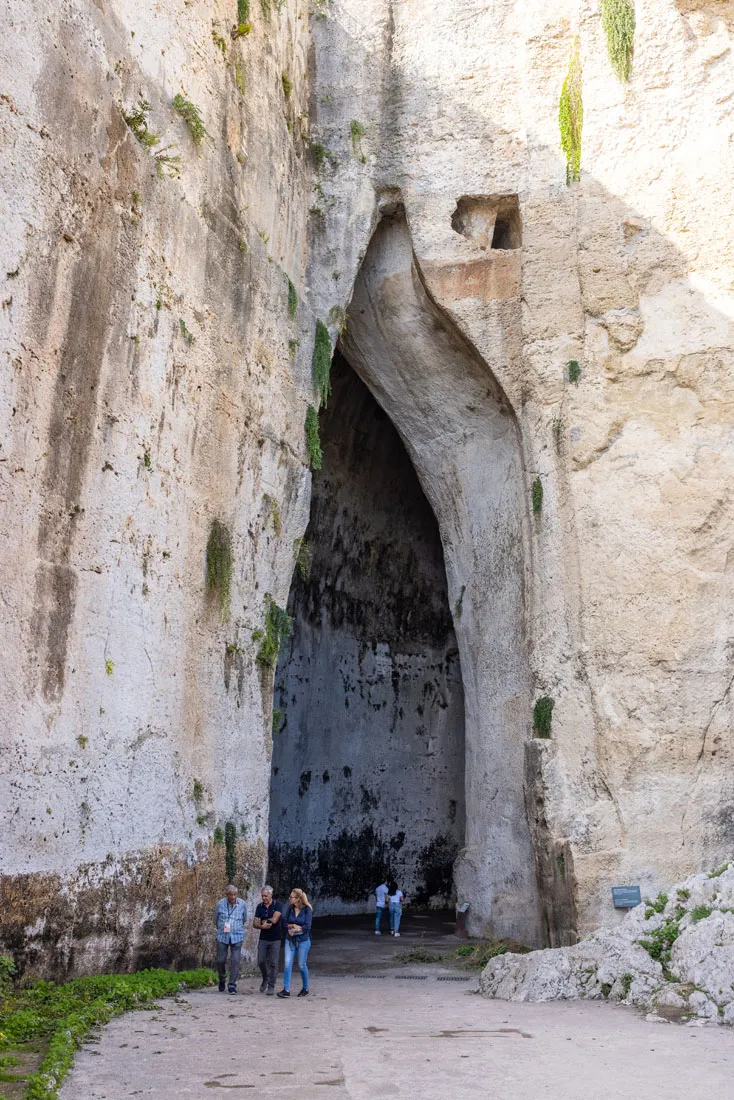
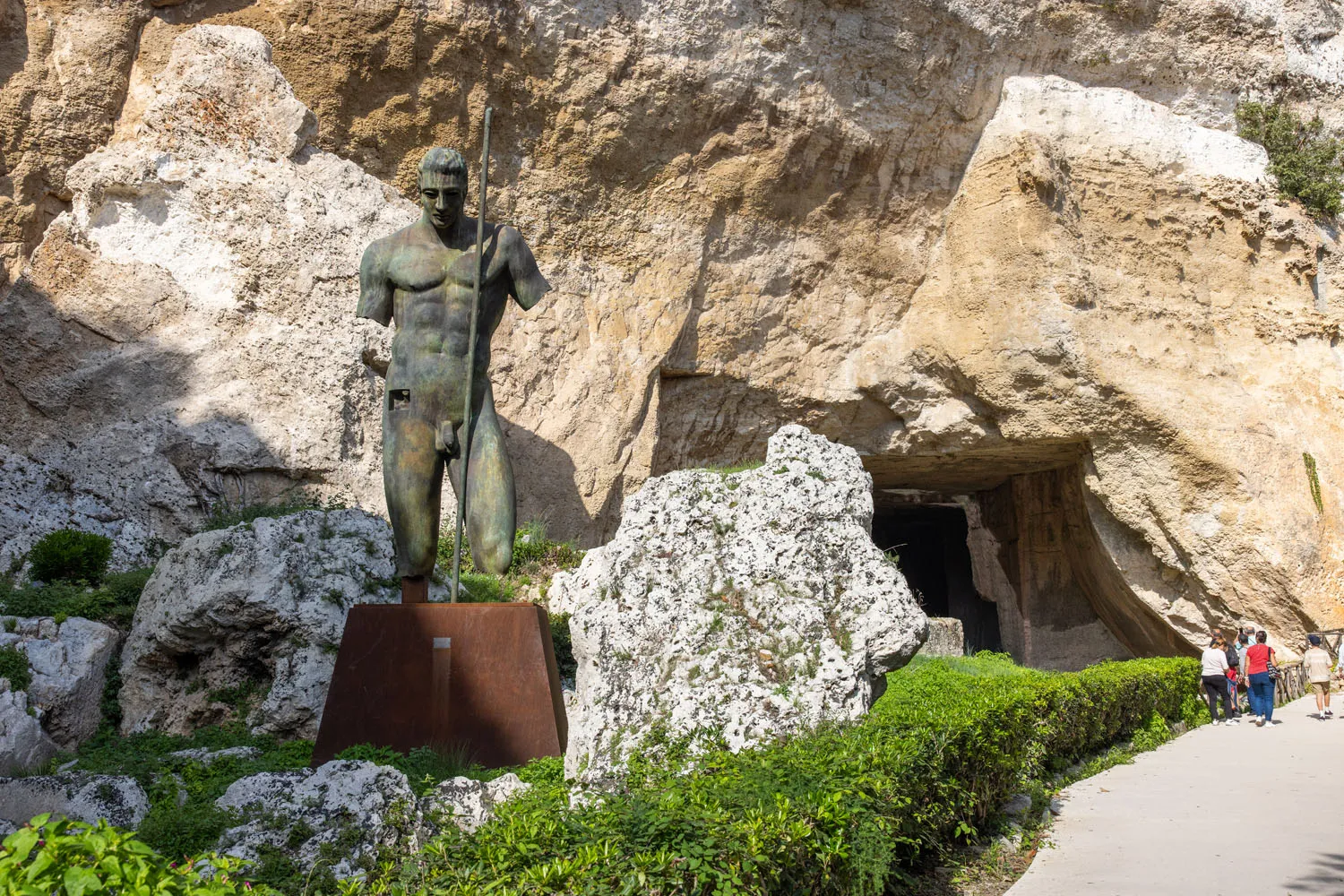
How to Plan Your Visit
A visit lasts one to two hours.
Getting Here: From Ortigia, it takes 30 to 40 minutes to walk here. We hired a taxi to get us to and from the site. By public transportation, there is a public bus that connects Neapolis Archaeological Site to Ortigia. Uber isn’t widely available in Syracuse and Ortigia because Uber is not permitted to drive into Ortigia. If you have a car, you can drive here, but parking is limited.
Tickets & Hours: Tickets can be purchased on site or online in advance, which would save the wait in the ticket line. If you click the “Buy Online” button, it will take you to the ticketone.it website, which is an official ticketing website used in Italy. On our visit, there was a short line midday but it didn’t take too long to get through it (about 10 minutes). Get prices and hours on the official website.
2. The Catacombs of San Giovanni
This is one of the largest catacomb complexes outside of Rome. These early Christian burial chambers sit below the Basilica of San Giovanni, an open-air church that was built in the Norman period.
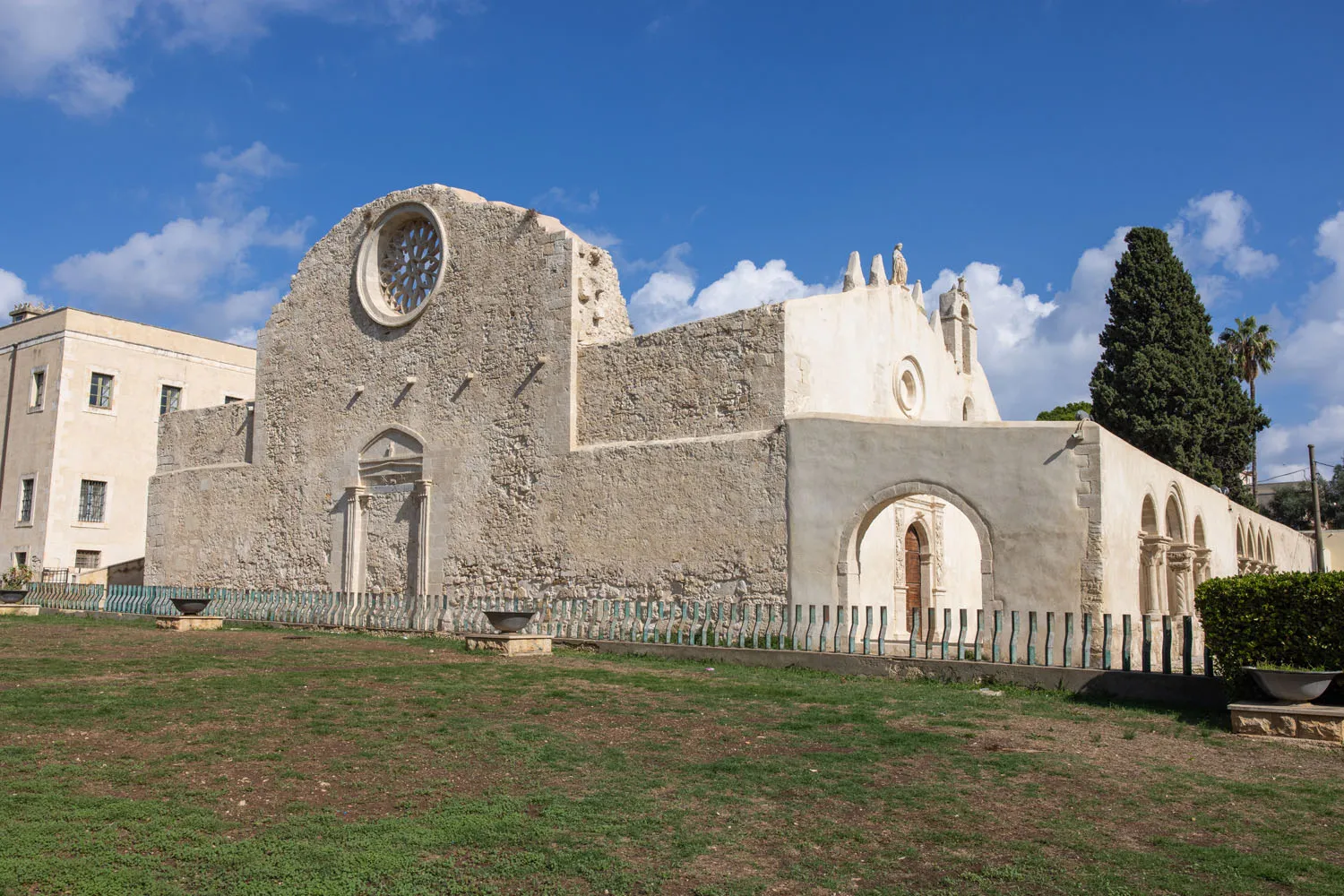
These catacombs can only be visited on a 40-minute guided tour. You can learn more about the catacombs, and get hours of the tours, plus ticket prices, here.
Things to Do in Ortigia
1. Temple of Apollo
Not only can you see ancient Greek monuments in Syracuse, but there are also a few in Ortigia.
Dating back to the 6th century BC, this is one of the oldest Doric temples in Sicily. In fact, this was the first temple using a layout of stone columns on its perimeter, and this layout became the standard for future Greek temples.
Visitors cannot enter the temple, but there are several viewpoints from the sidewalks that sit outside of the site.
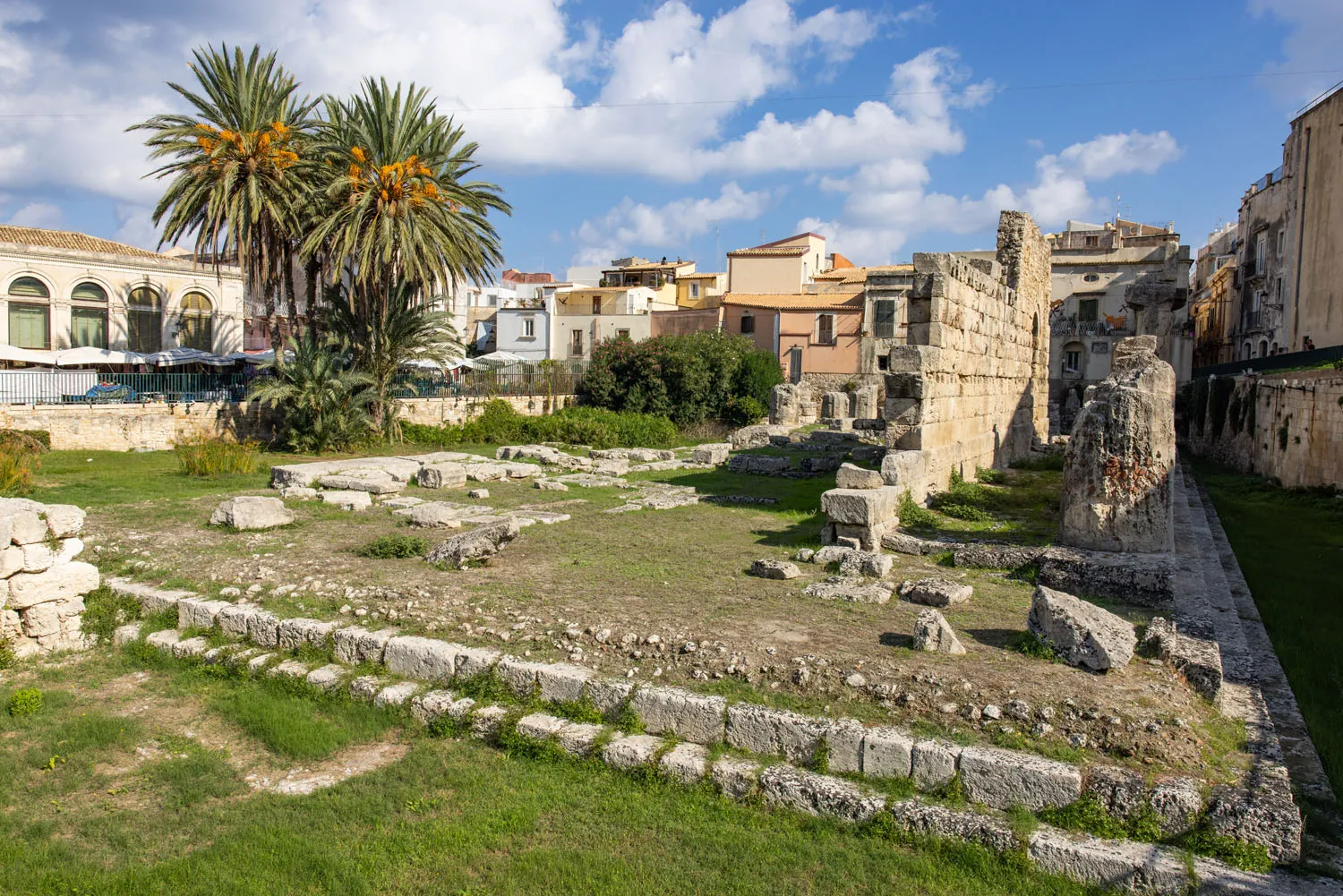
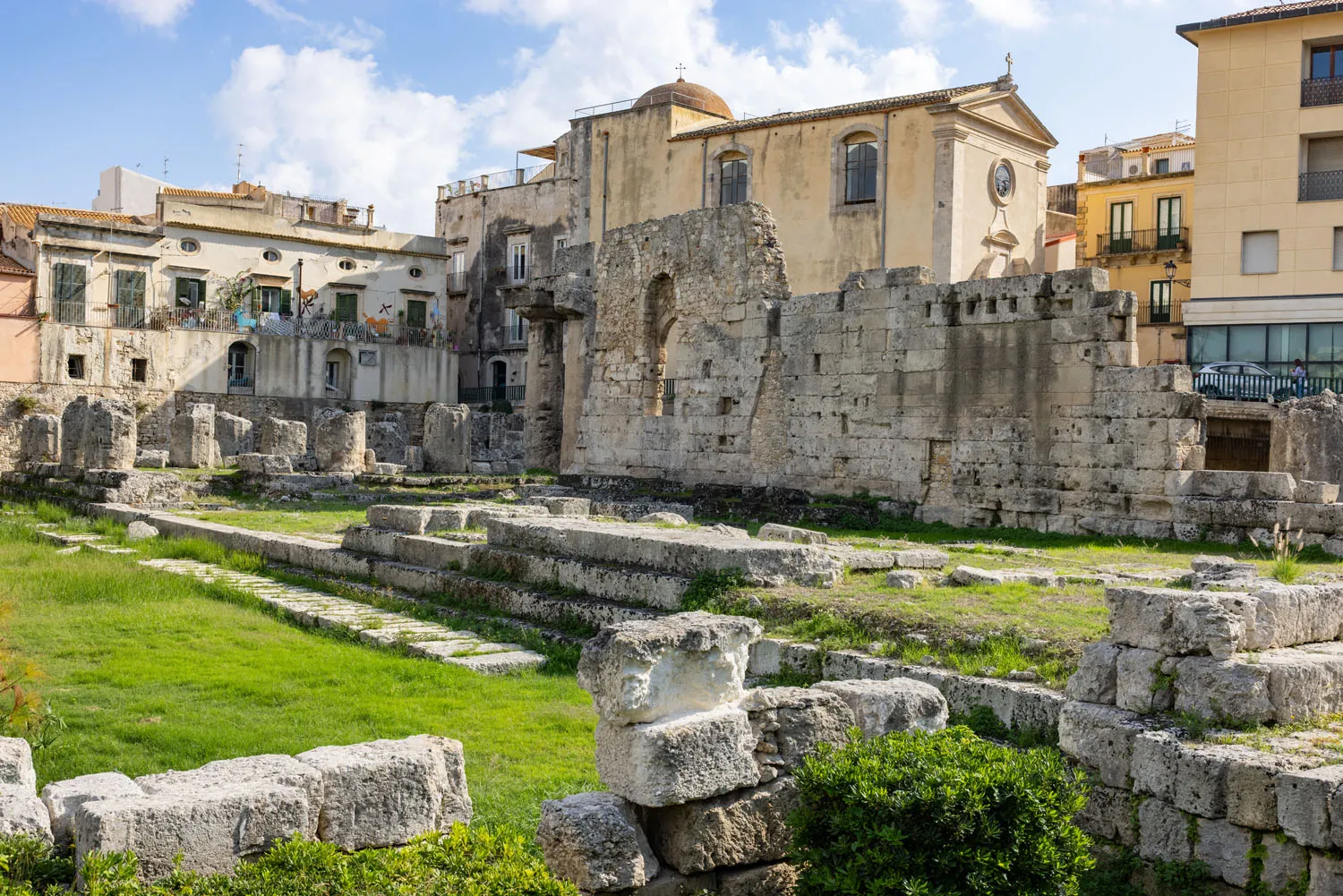
2. Fountain of Diana
Go for a quick stroll along Corso Giacomo Matteotti to Piazza Archimede and its centerpiece, the Fountain of Diana. This iconic fountain was created by the sculptor Giulio Moschetti in 1906.
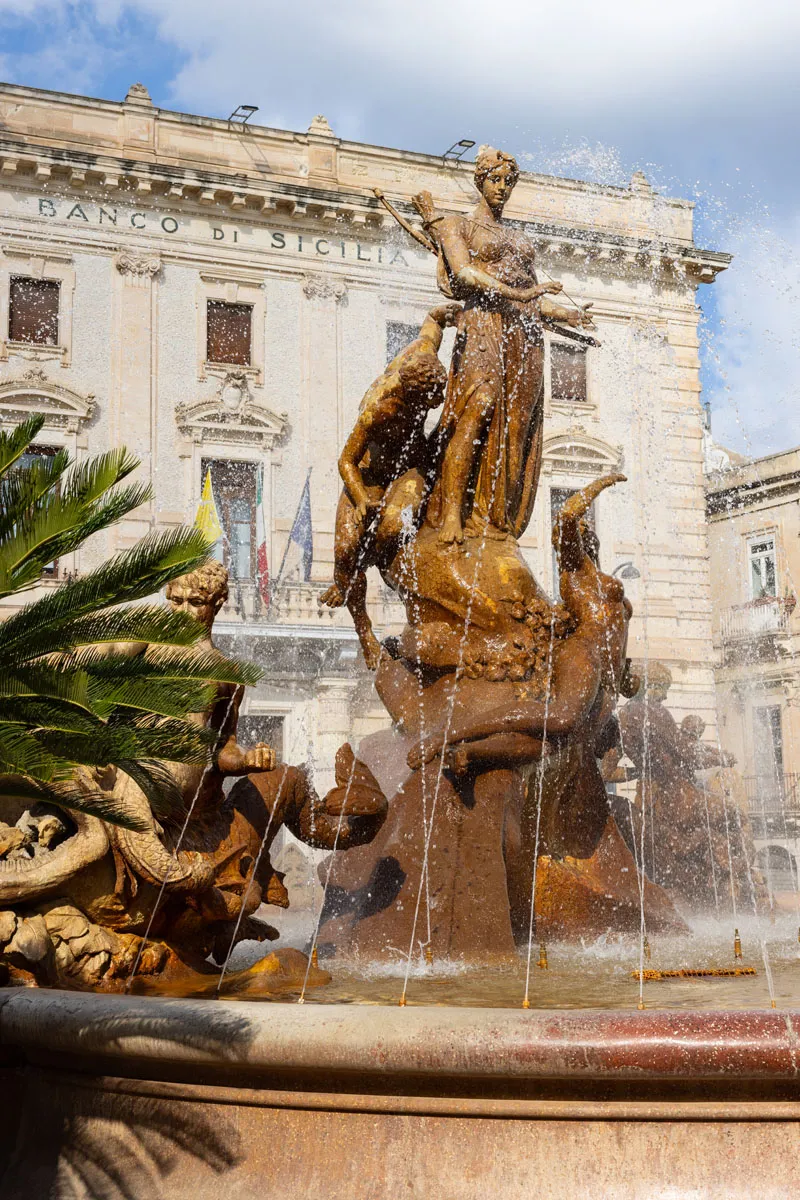
3. Visit the Cathedral of Syracuse
During the 6th century BC, the Greek Temple of Athena was constructed in Ortigia. The temple eventually fell into ruins and in the 7th century, Saint Bishop Zosimo of Syracuse constructed a cathedral on the same site, incorporating the Doric columns into the design. These columns can be seen both inside and outside of the cathedral.
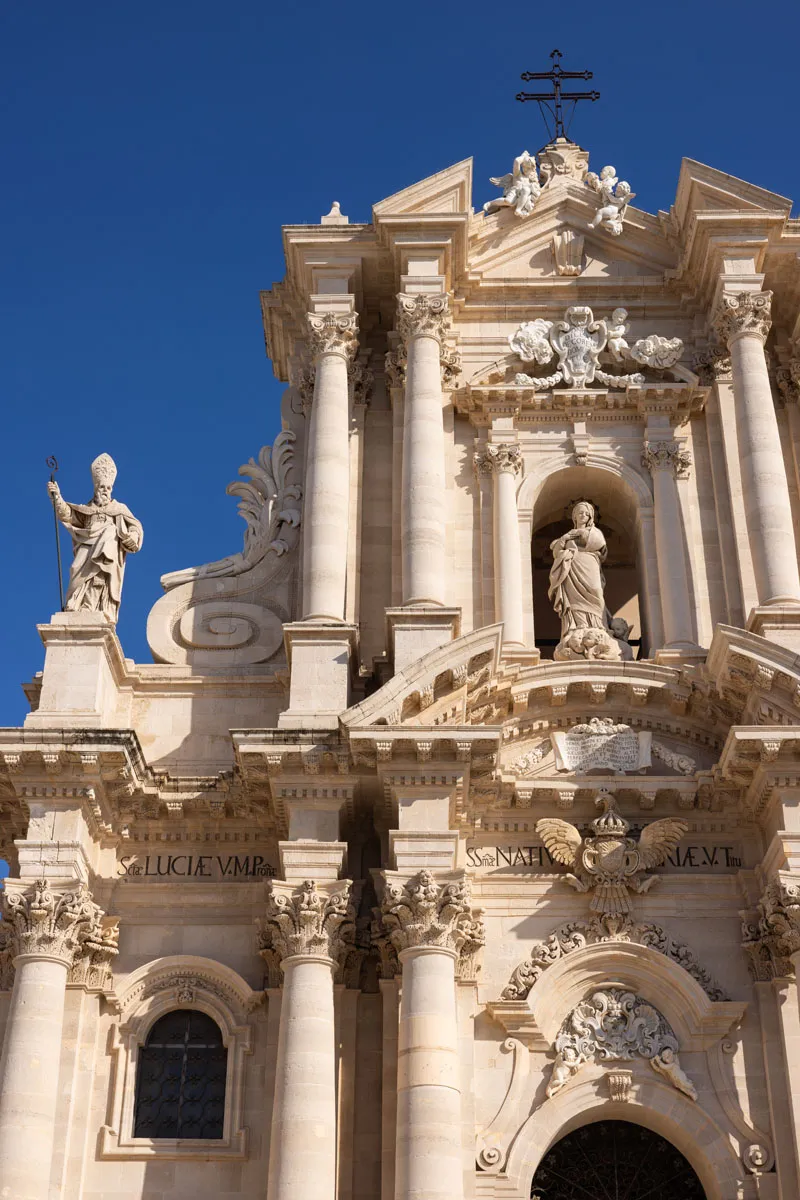
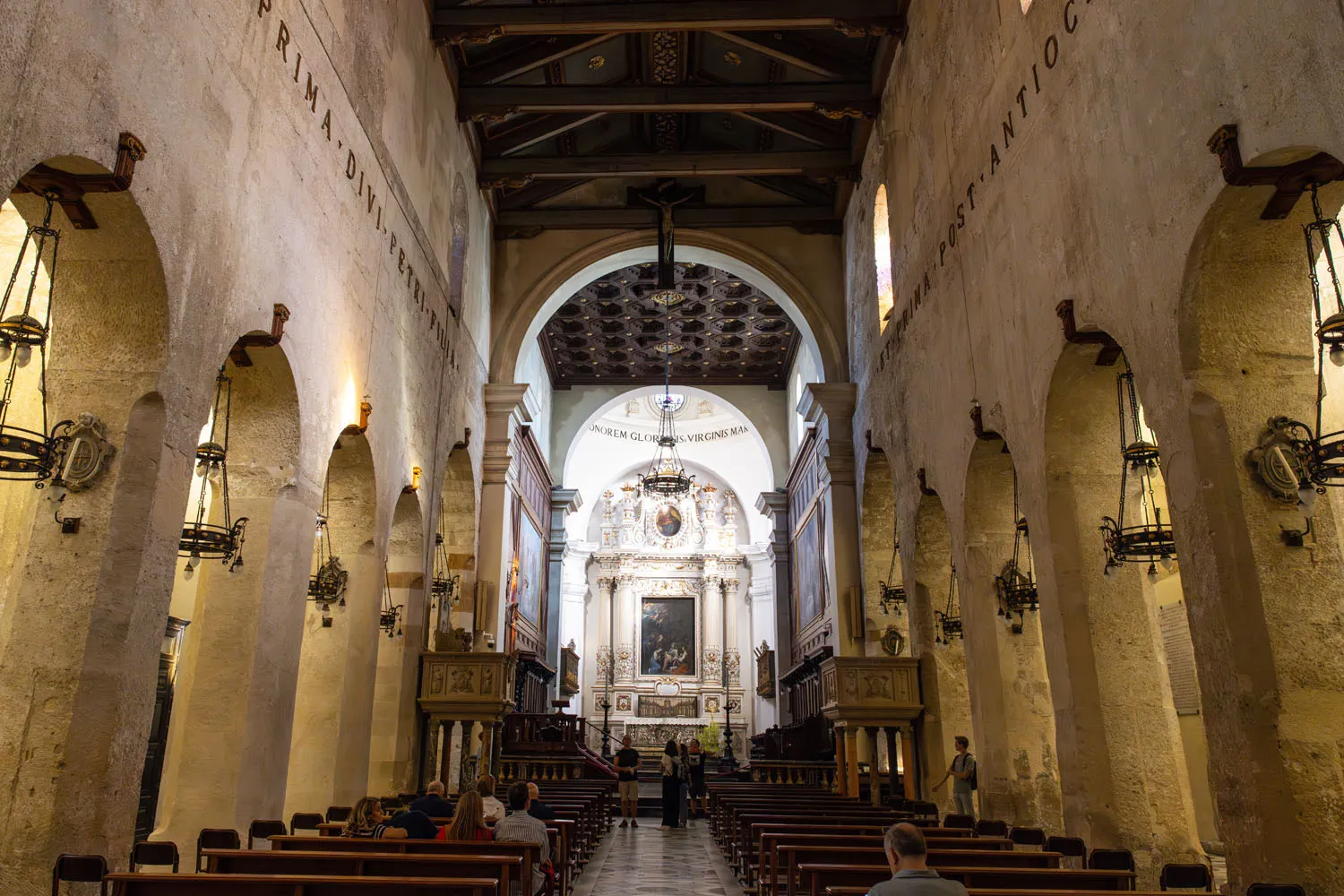
There is a small fee to enter the cathedral. Also for sale is a combination ticket that includes the Secreta Palatii, a museum that is located next to the cathedral. We visited this museum and didn’t think it was worth the extra cost.
4. Spend Some Time in Piazza del Duomo
Piazza del Duomo is the large square that sits in front of the Cathedral of Syracuse.
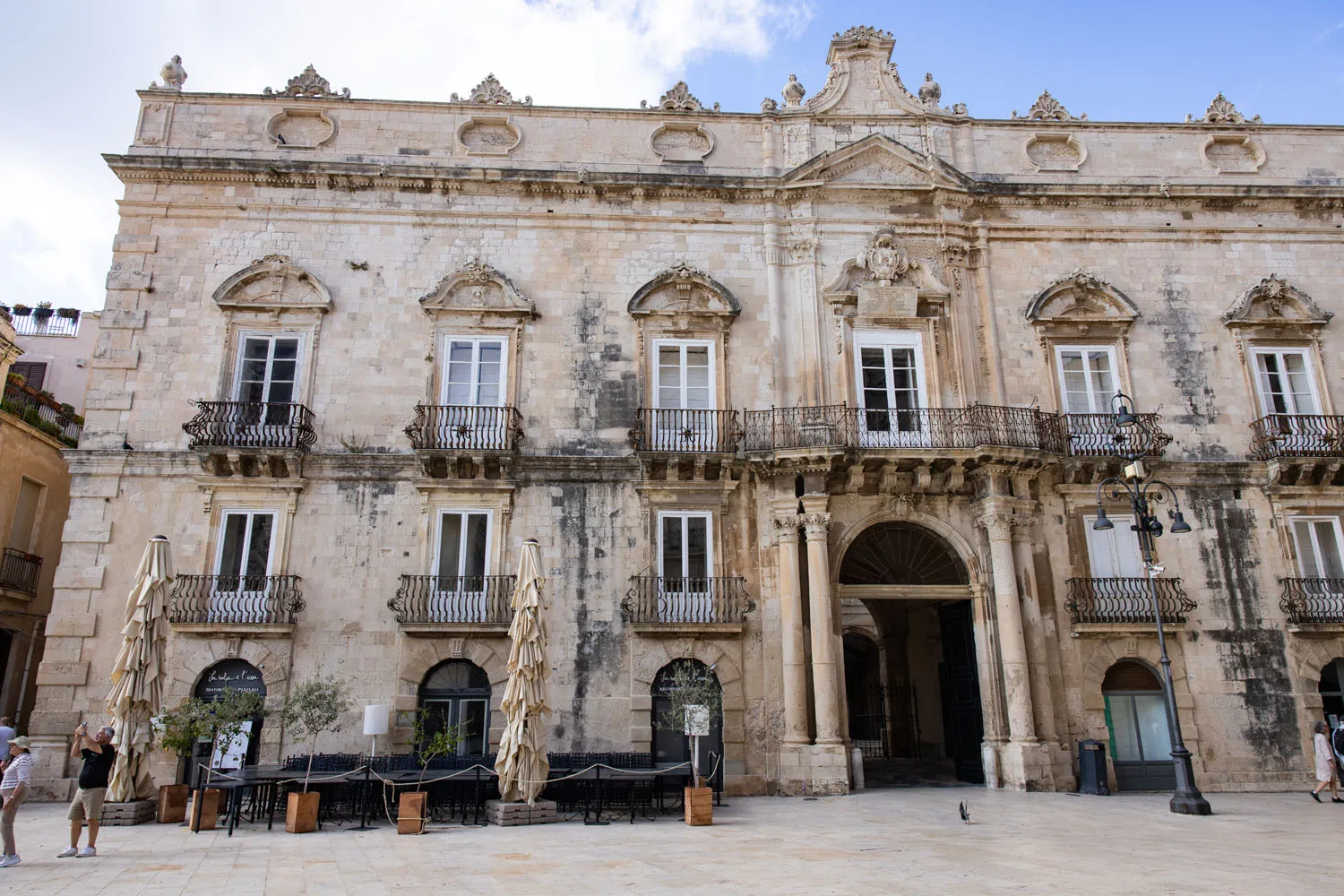
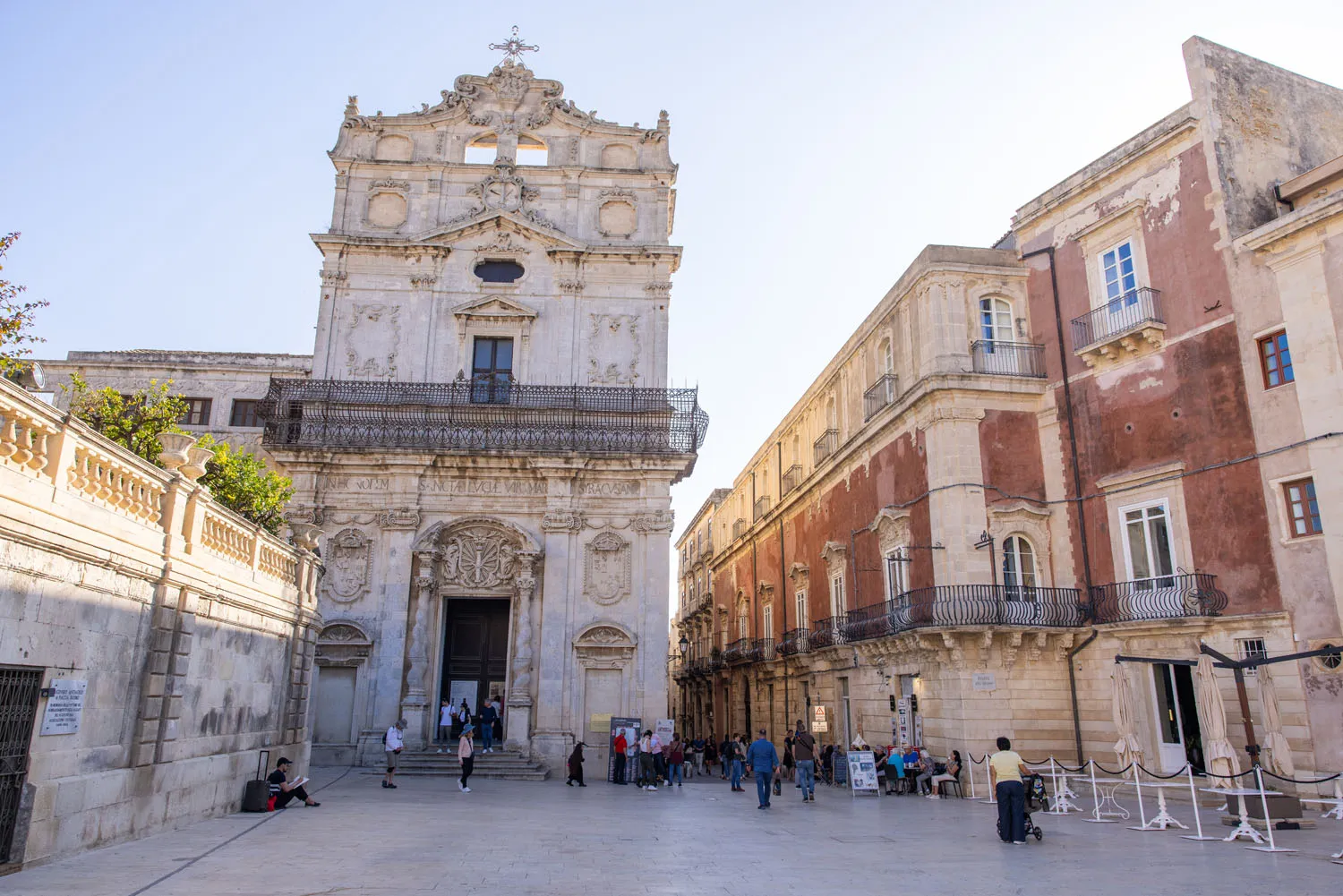
Chiesa di Santa Lucia alla Badia
There are several other important buildings that sit on this square, including Chiesa di Santa Lucia alla Badia (the church with ‘Burial of Saint Lucy’) and the Hypogeum of Piazza Duomo (underground tunnels which were used as air raid shelters during World War II – these were closed during our visit but it is possible to visit them).
Sabadì is a small chocolate shop that sits on the piazza, next to Chiesa di Santa Lucia alla Badia. If you don’t have plans to visit Modica, ask to taste their chocolate from Modica, which is made with a different process than other chocolate.
5. Arethusa Spring
This small spring (which is also called the Fountain of Arethusa) comes up on a lot of lists. According to Greek mythology, this is the place where the nymph Arethusa, the patron of ancient Syracuse, returned to the Earth’s surface after escaping from her undersea home, Arcadia. It’s not worth going out of your way to see, but as you stroll the streets and waterfront, there’s a good chance you will pass by this sight.
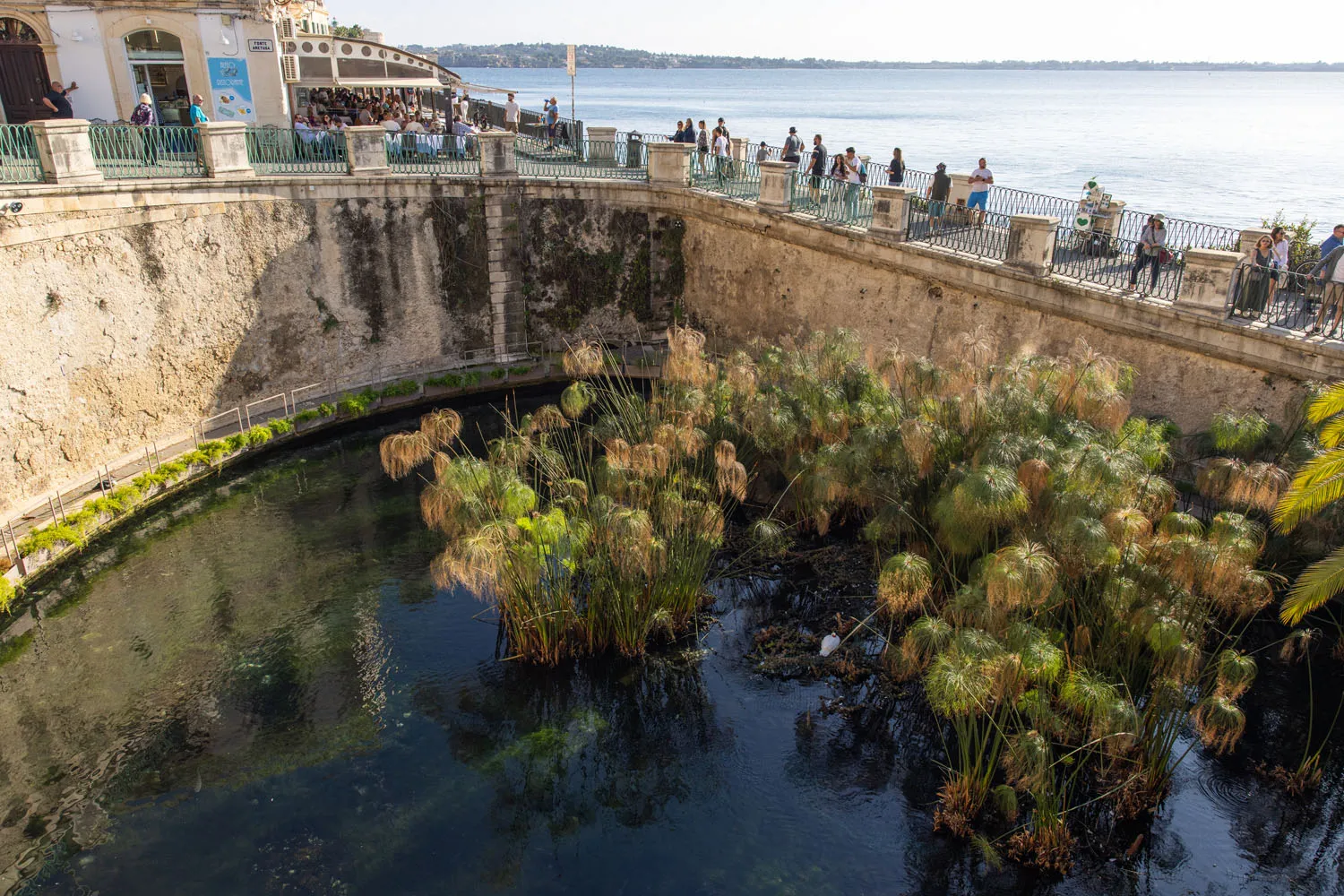
6. Belvedere Largo Aretusa
Right next to the Arethusa Spring is a viewpoint looking along the western seaside walls and buildings of Ortigia.
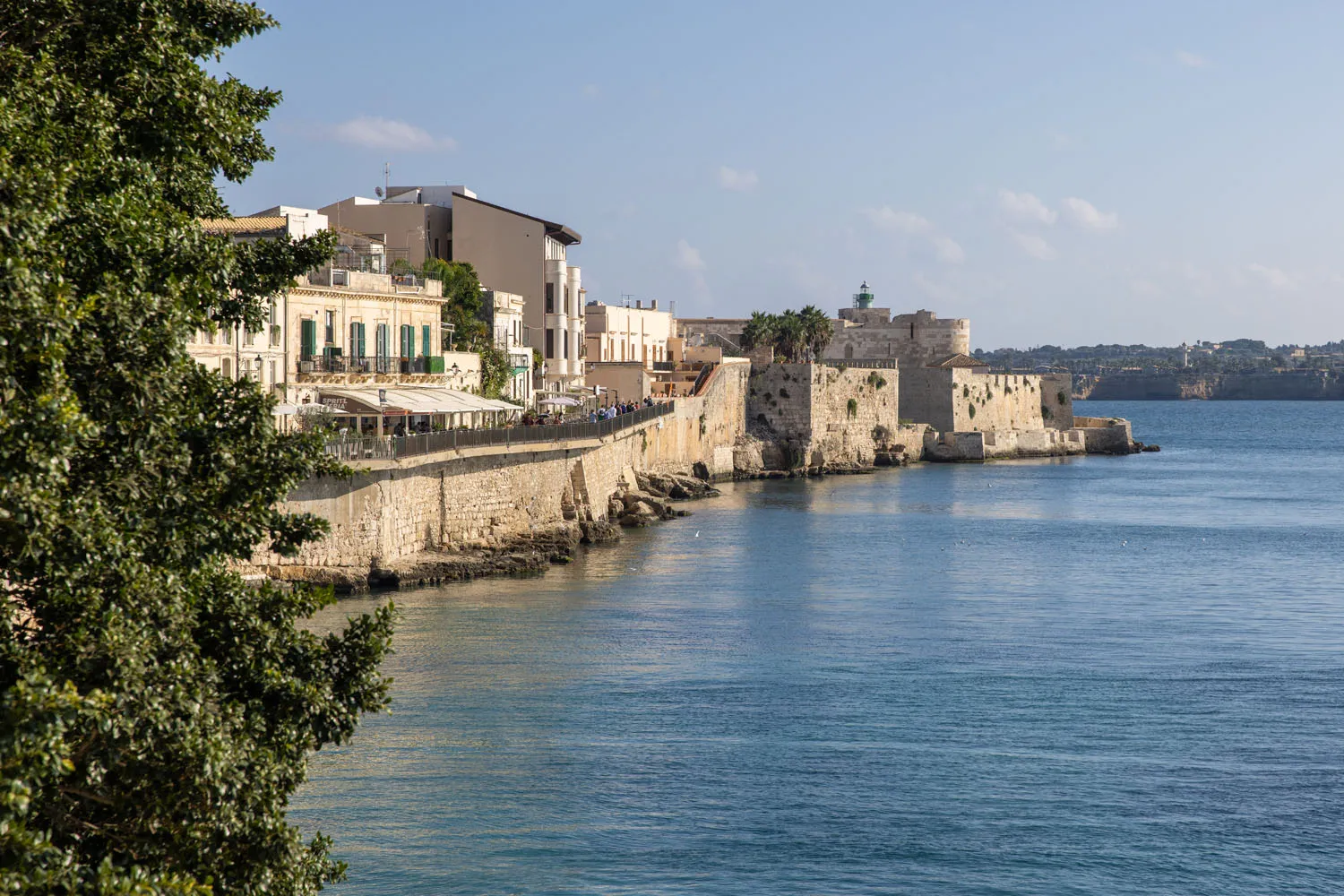
7. Castello Maniace
This citadel makes up the southernmost point of Ortigia. It was built in the early 13th century, and it was later used as a residence for several queens of Sicily and as a prison in the 15th century. Now it is open to tourists. The castle closes in the early afternoon, so if this looks like a place you would like to visit, don’t save your visit for the afternoon.
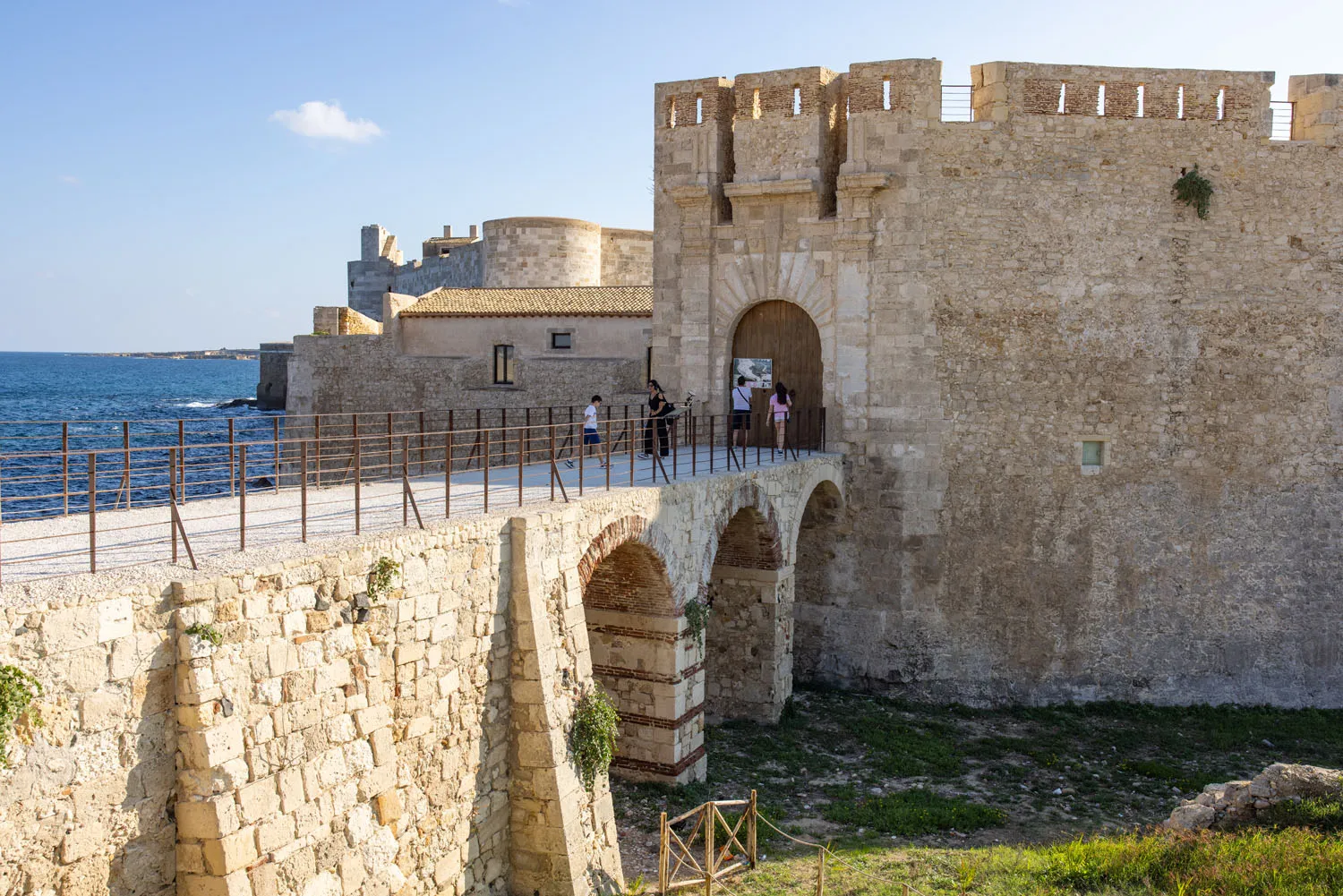
Next to the castle are more viewpoints of Ortigia, plus a sculpture by Igor Mitoraj, who also created the Statue of Fallen Icarus at the Valley of the Temples.
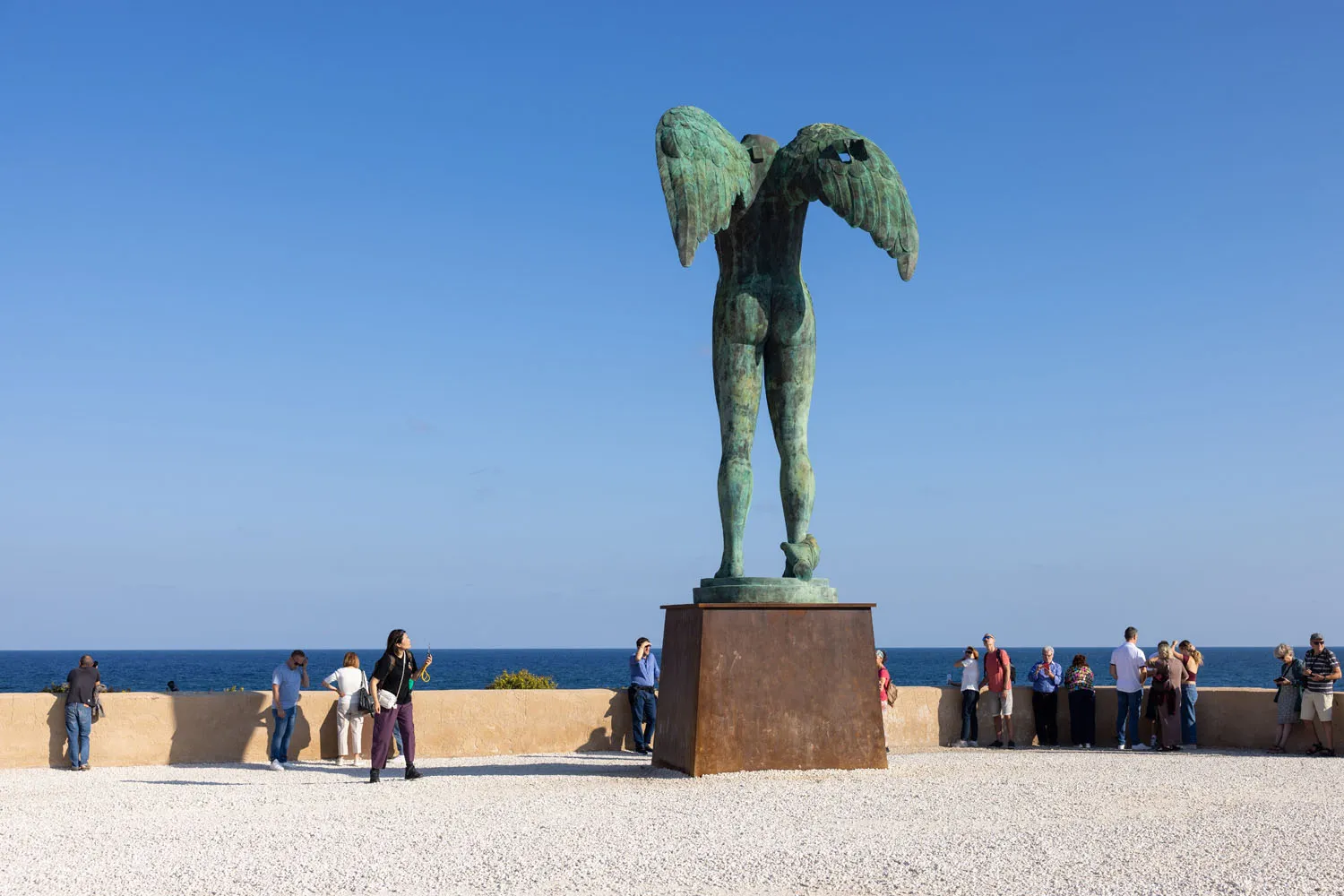
8. Explore the Streets of Ortigia
Our favorite thing to do in Syracuse and Ortigia was to explore the picturesque city streets in Ortigia. There are very few cars on the island of Ortigia…but you will see quite a few motorbikes and a tuk-tuk here and there. That makes this small island perfect to explore on foot.
There are plenty of side streets branching off from the main tourist spots, just waiting to be discovered. So, put down the map and enjoy getting lost in this charming maze of city streets.
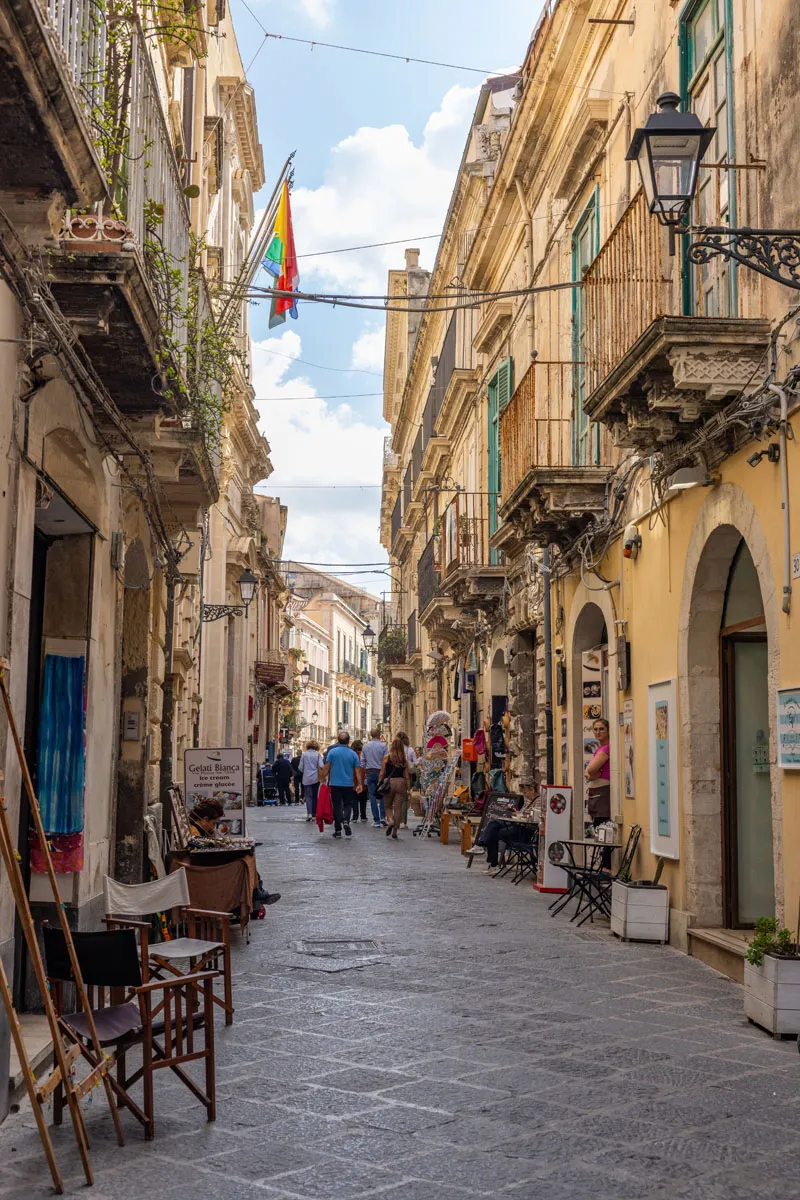
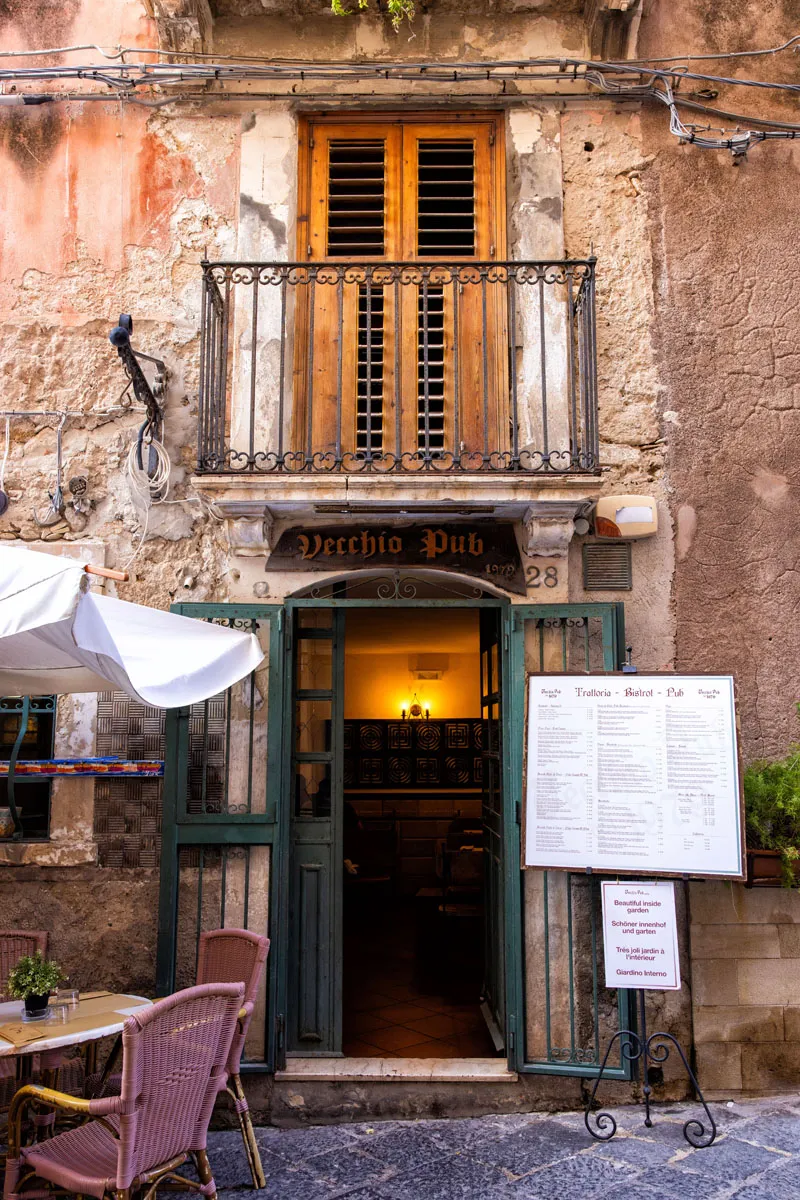
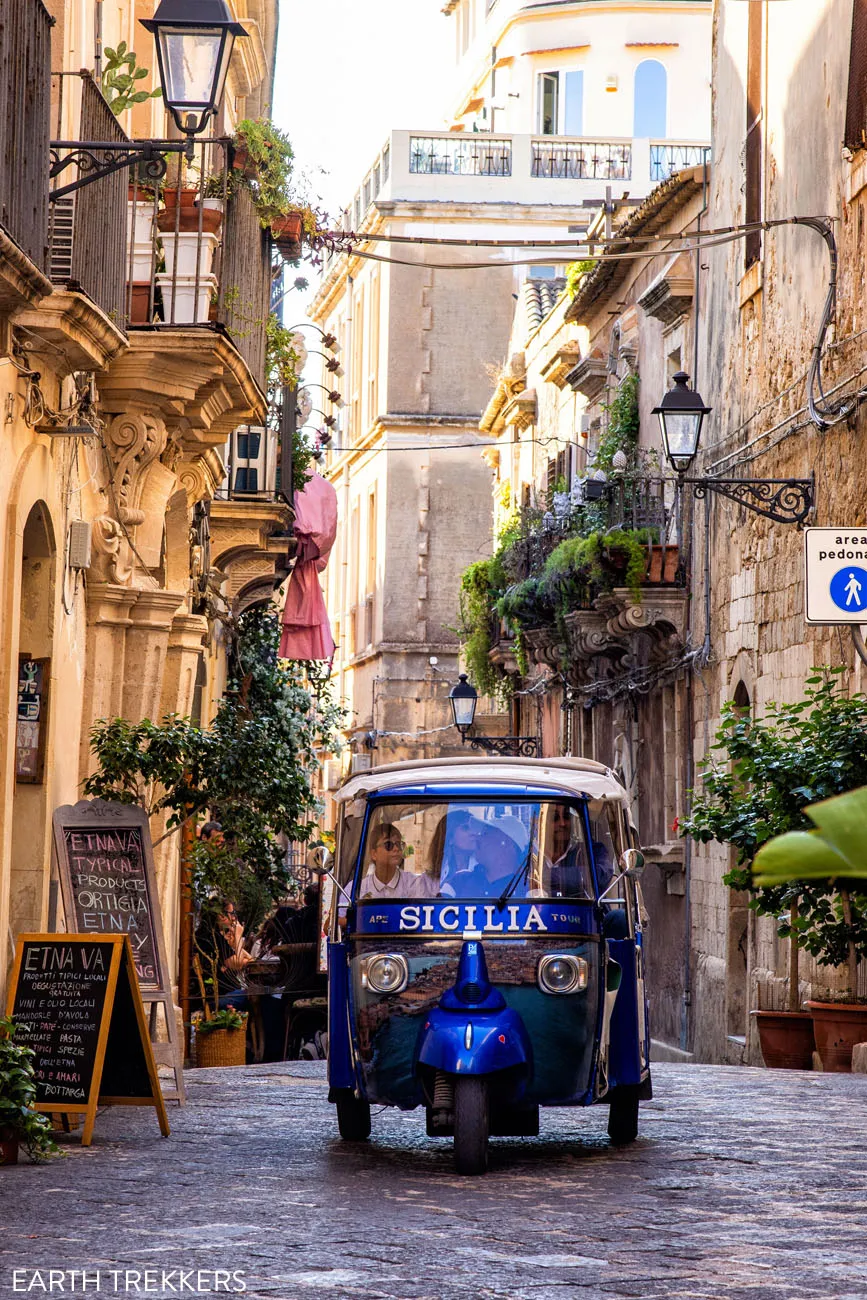
How to Spend One Day in Syracuse & Ortigia
With one day in Syracuse and Ortigia, you have just enough time to see the highlights, since the list of things to do here is rather short.
Morning: Visit the Neapolis Archaeological Park. It opens at 8:30 am and it takes 1 to 2 hours to see the main sights. After visiting this park, you have the option to take a tour of the Catacombs of San Giovanni, but look up tour times in advance, so you don’t waste unnecessary time waiting for the next tour.
Midday: Lunch in Ortigia. We ate lunch at A Putia and have more restaurant recommendations later in this guide.
Afternoon: Spend the rest of the day visiting the sights in Ortigia. If you want to visit Castello Maniace, it closes in the early afternoon, so visit this first, or before sitting down to lunch, as lunches in Sicily can take an hour or two.
What We Did: In the morning, we checked out of our hotel in Taormina, drove to Syracuse, and checked into our hotel in Syracuse. We visited Neapolis Archaeological Park mid-morning but could not get the catacomb tour to work in our schedule. We ate lunch and spent the afternoon exploring Ortigia. The following morning, we checked out of our hotel and drove to Noto.
Places to Visit near Syracuse & Ortigia
Val di Noto
Val di Noto is an area of southeastern Sicily that is home to several gorgeous Baroque towns. On this list are Ragusa, Noto, and Modica. It is a 45-to-75-minute drive from Syracuse to these towns.
In a long, whirlwind day, it’s possible to visit all three of these towns on a day trip from Syracuse, but for the best experience, pick two of them.
Ragusa is our favorite, as it is a gorgeous city that is fun to explore and photograph. Modica looks a bit like Matera and it is famous for its chocolate. Noto is famous for its Baroque architecture and long list of churches to visit.
Guides to Noto & Modica
Catania
Catania is one of Sicily’s largest cities and an hour north of Syracuse by car. Catania has a few interesting places to visit and it is similar to Palermo, with its chaotic streets. We visited Catania and we think it’s much better to put your time into the Val di Noto towns than here.
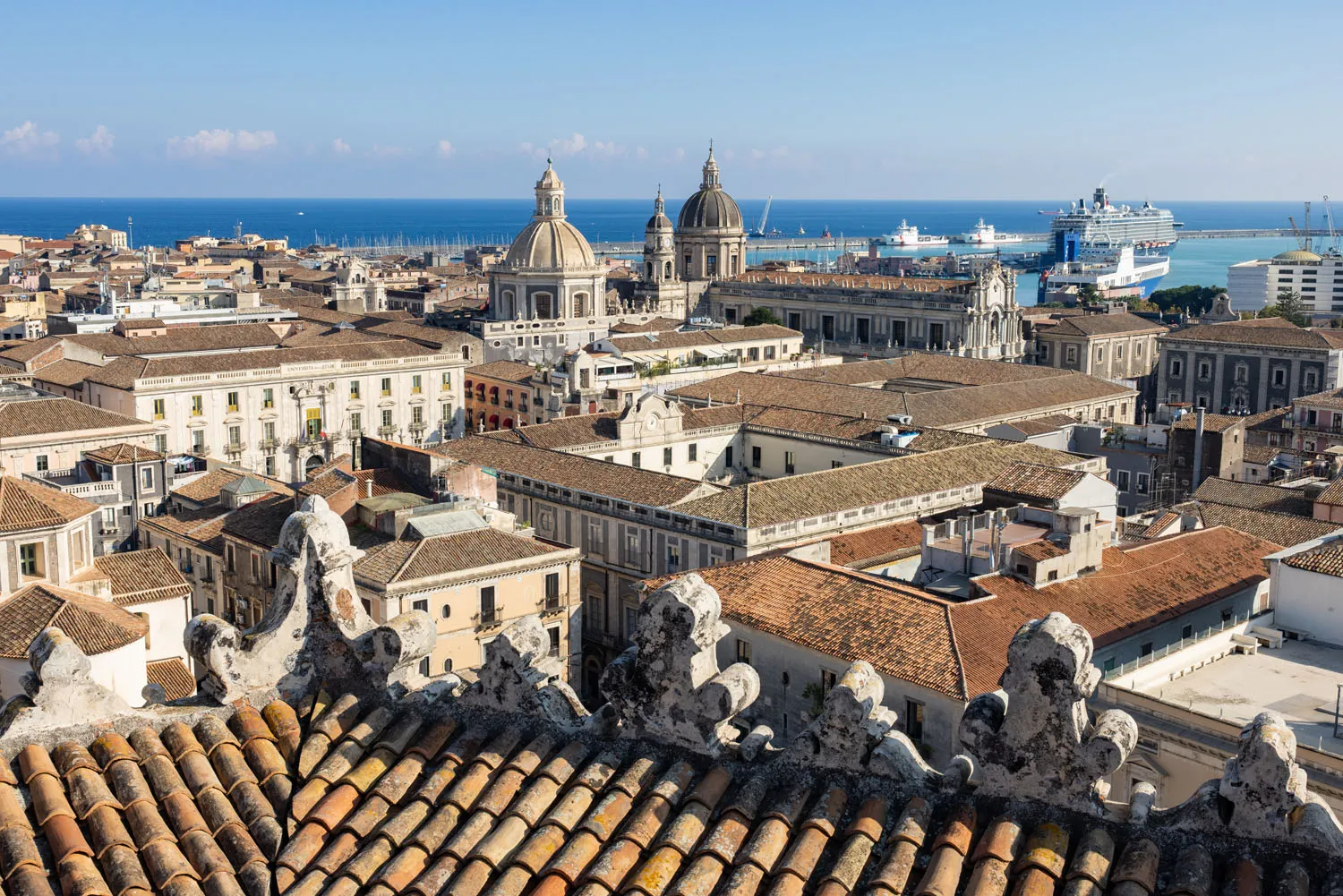
Catania
How to Get to Syracuse
Syracuse is easy to get to, accessible by car and by train.
By Car
If you have a rental car, here are the driving distances and times from nearby locations:
- Catania: 70 km, 1 hour
- Taormina: 125 km, 1 hour 45 minutes
- Noto: 40 km, 45 minutes
- Modica: 78 km, 1 hour
- Ragusa: 95 km, 1 hour 15 minutes
- Agrigento (Valley of the Temples): 215 km, 2 hours 30 minutes
Ortigia is a ZTL Zone, a restricted traffic zone. You will park in Syracuse and walk into Ortigia over one of the bridges. If you happen to stay in a hotel in Ortigia, ask your hotel about parking and driving in the ZTL zone (it is possible to get an exemption, so you can drive to your hotel without getting a ticket).
The best place to park is ORTIGIA PARKING on Google Maps. It is located in Syracuse, 500 meters from the island of Ortigia.
By Train
The Siracuse train station is located in Syracuse, near the Neapolis Archaeological Park. It is a 30-minute walk to Ortigia. To get to your hotel, you can hire a taxi or take the public bus.
Where to Eat
A Putia. This is where we had lunch and we loved it. A Putia is a busy restaurant (there was a line of people waiting to get a table here; they do not accept reservations) located on Via Roma in Ortigia. On the menu are traditional Sicilian dishes and excellent wine. You can see recent reviews on Google and check out their website for hours and their menu.
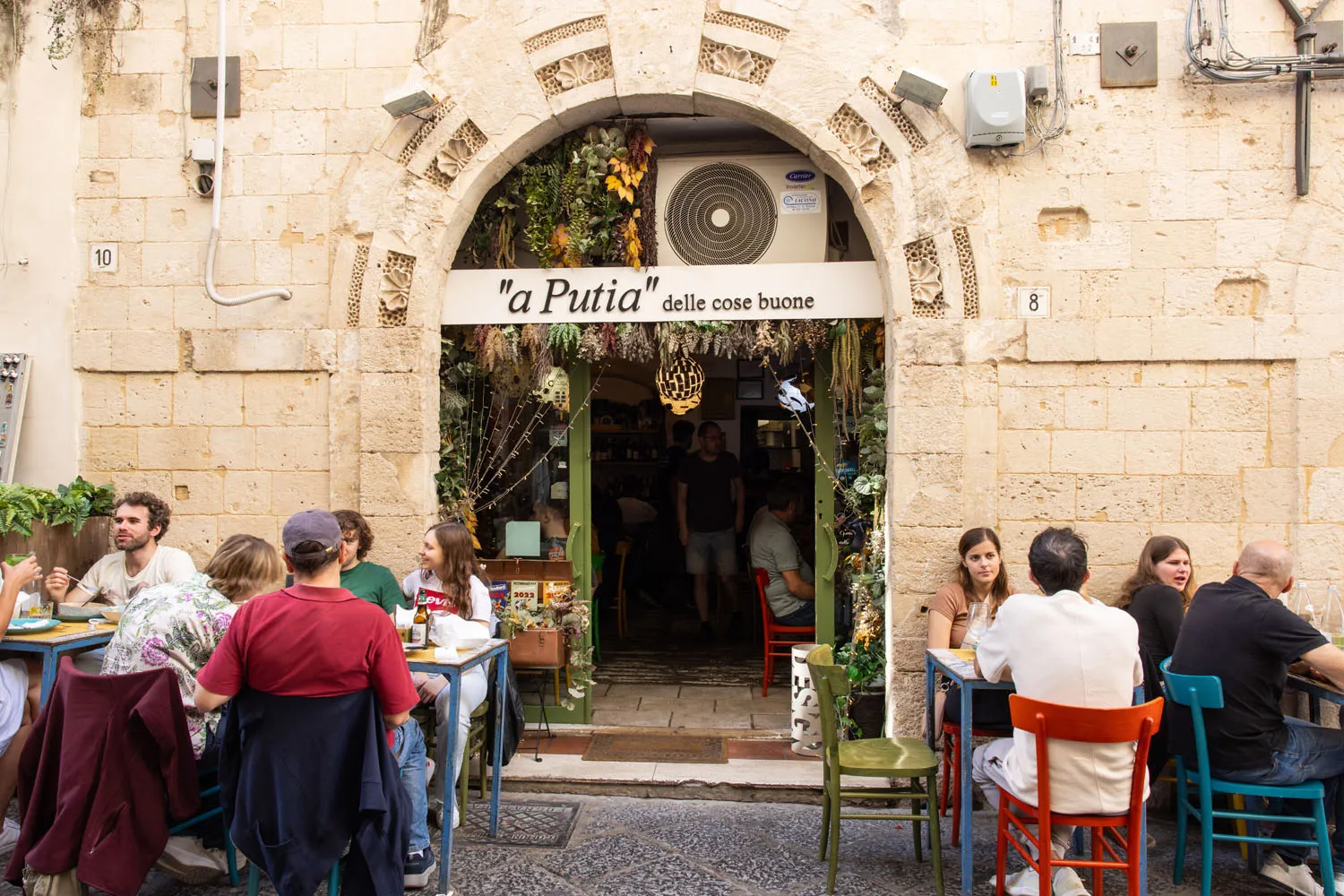
Other restaurants that were on our list to try are Oz Ortigia (a restaurant and wine bar that gets rave reviews), MOON – Move Ortigia Out of Normality (a popular vegan restaurant), and Crudo Ristorante (fresh seafood).
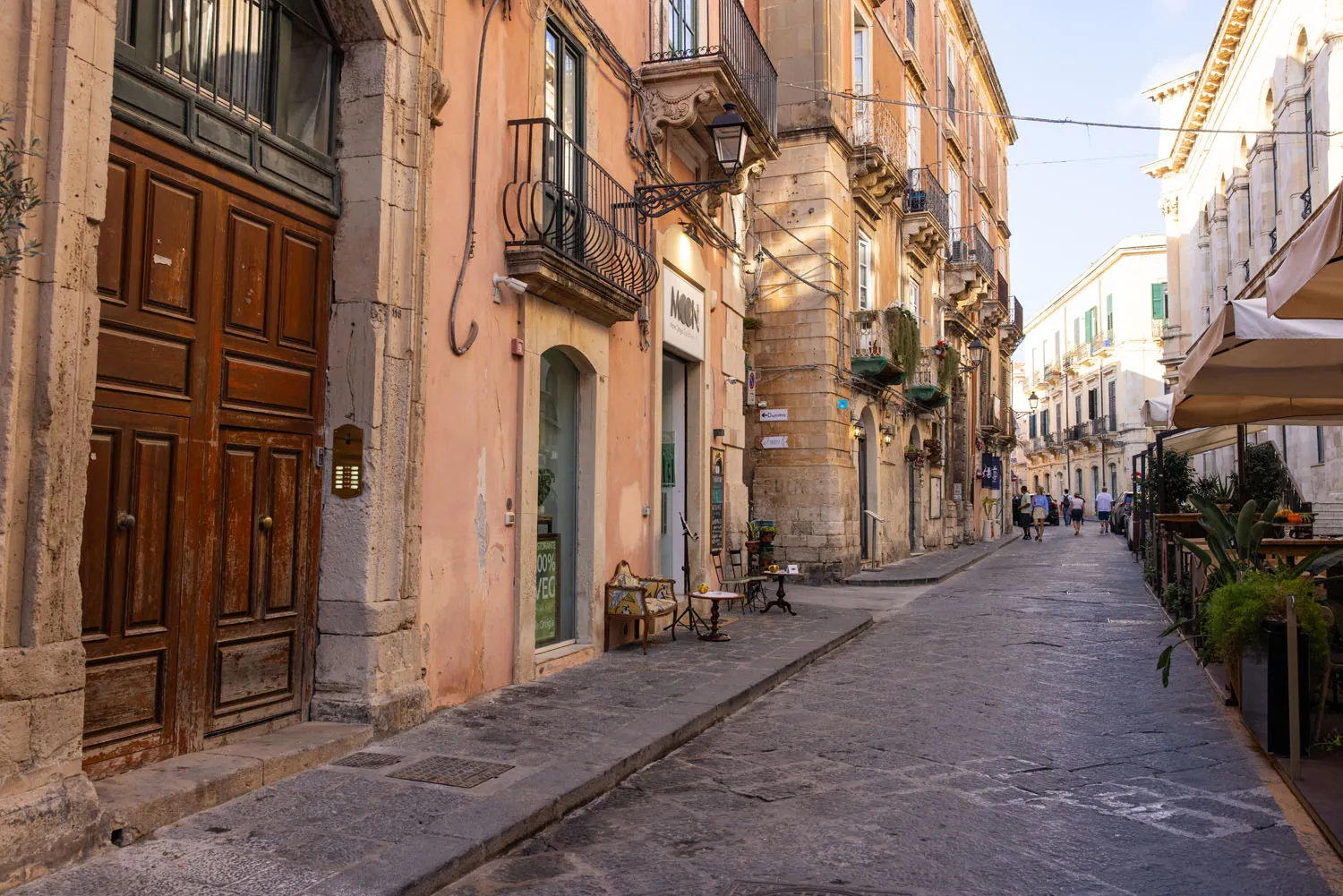
Where to Stay
We stayed at the Ortea Palace Hotel. It has a fantastic location in Ortigia, on the far western side of the island, across the channel from Syracuse. There is a large public parking lot (Via del Forte Casanova Parking) in front of the hotel, so if you have a rental car, parking and getting to the hotel is very easy. Plus, this hotel is within easy walking distance of all of the sights in Ortigia. Rooms are very large and the service is fantastic.
Mid-Range Hotels:
- Casa VerbaVolant – stay in a historic building in Ortigia
- Appartamenti di Casa VerbaVolant – one-, two-, and three-bedroom apartments in Ortigia
- Appartamento Dammuso Isola Di Ortigia – one bedroom house in Ortigia
- Salty Soul Sea View Ortigia – one-bedroom beachfront house in Ortigia
- Ortigia’s Gate – located near the train station; perfect for those traveling by train
If you like the idea of staying at a wellness resort, the Wellness Spa Hotel Principe Fitalia gets wonderful reviews. It is located 10 km from Syracuse, but the hotel offers a shuttle service and it is located near several beaches south of Syracuse.
If you have any questions about the best things to do in Syracuse and Ortigia, let us know in the comment section below.
Plan Your Trip to Sicily
We have TONS more information about Italy in our Italy Travel Guide.
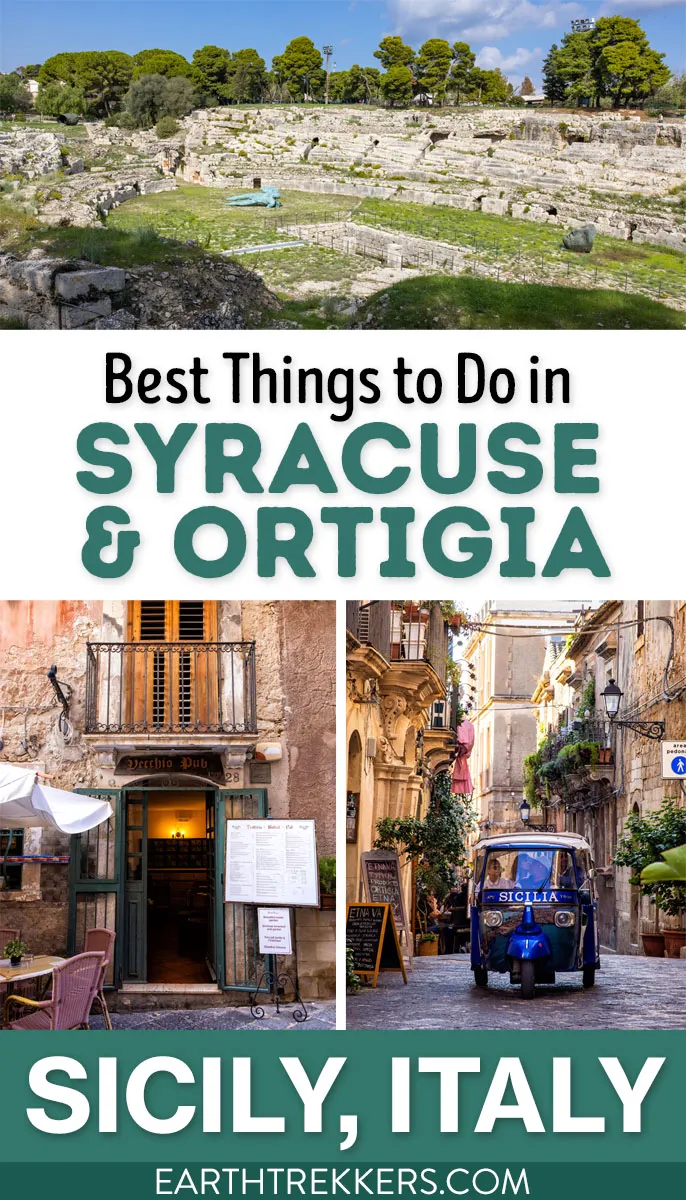

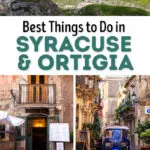
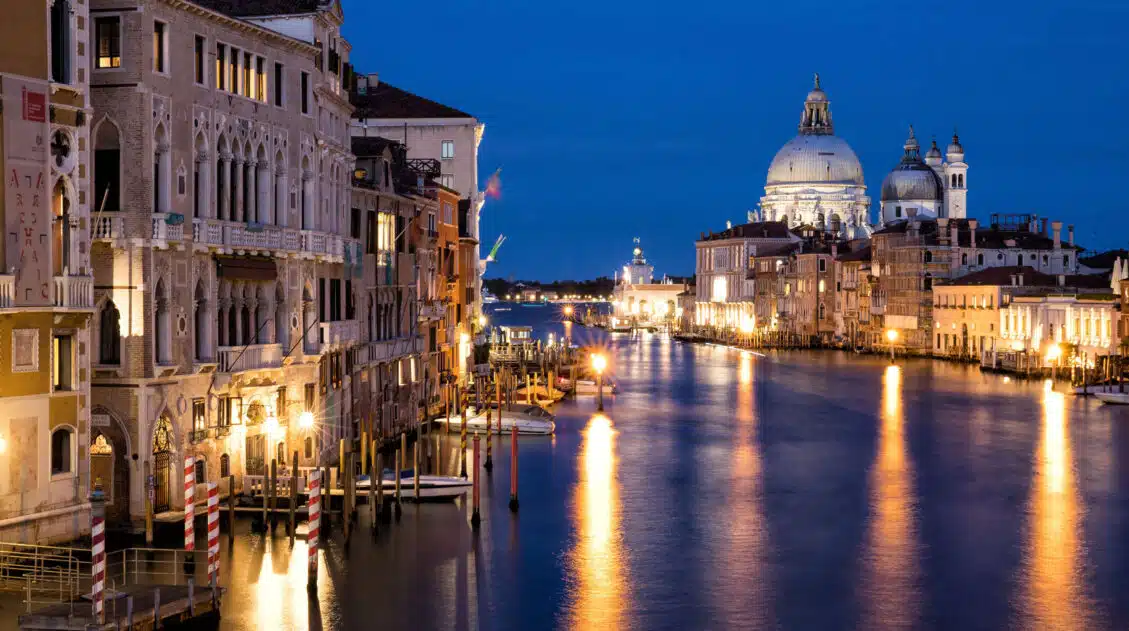
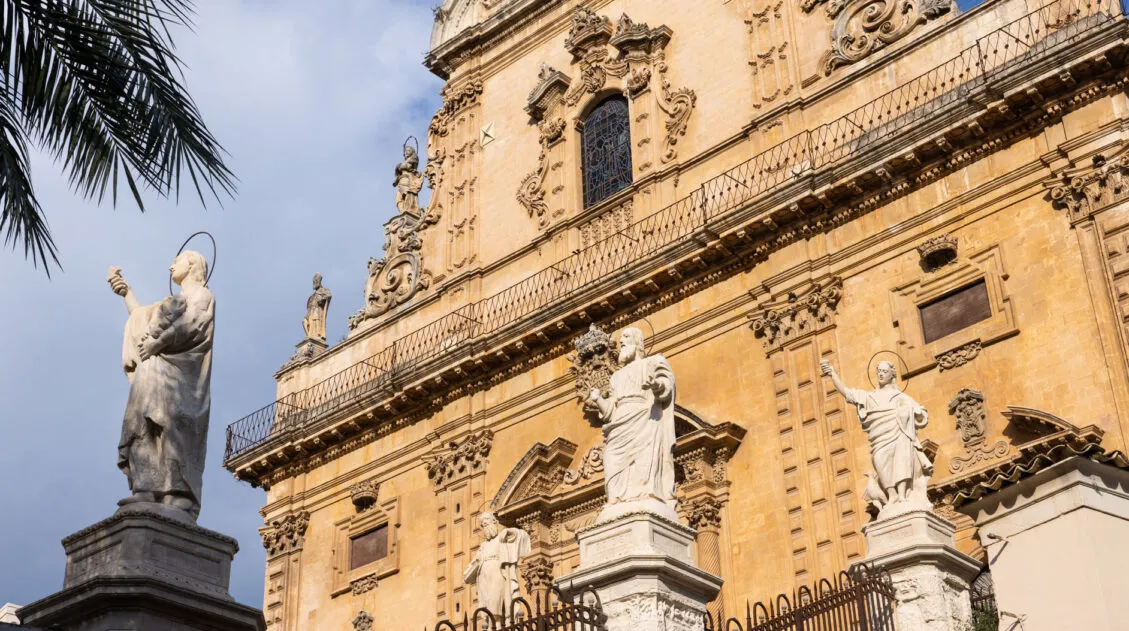
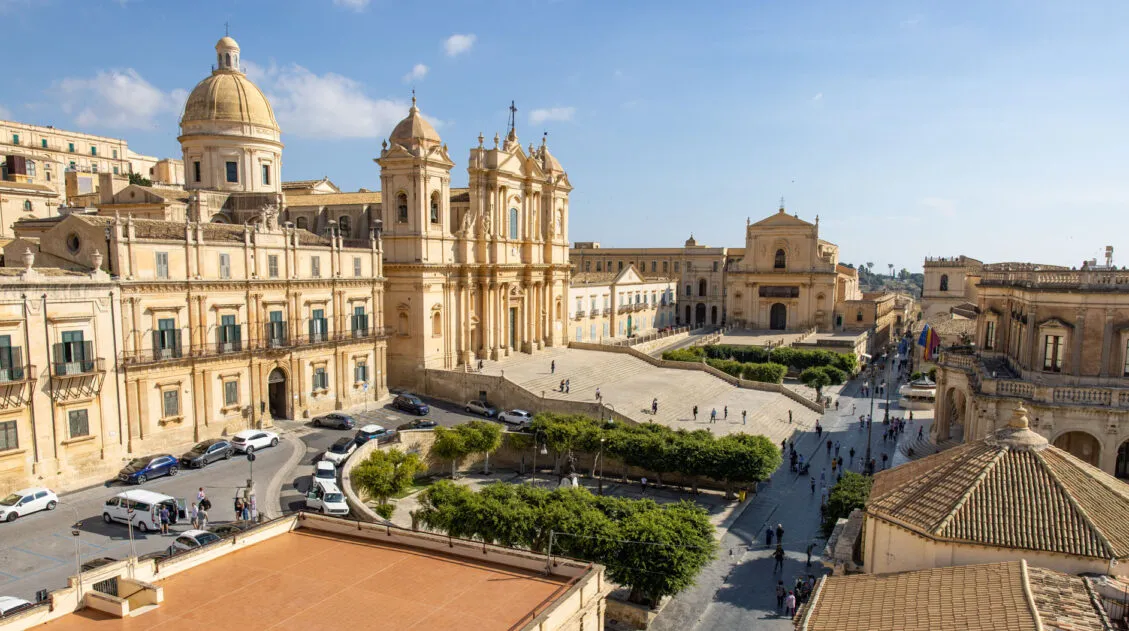
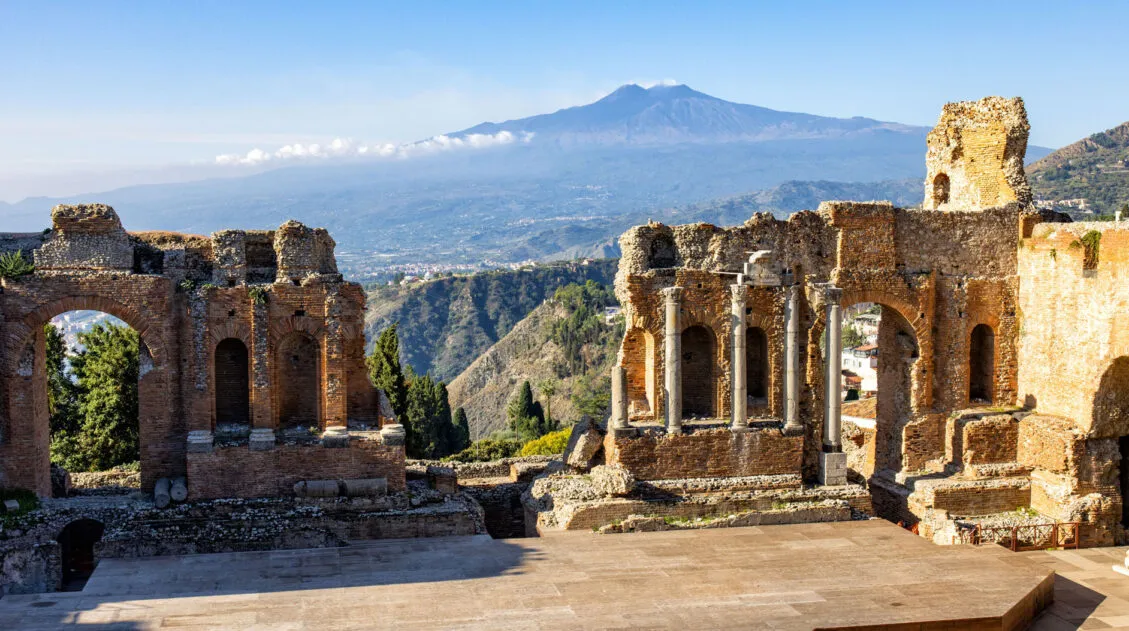
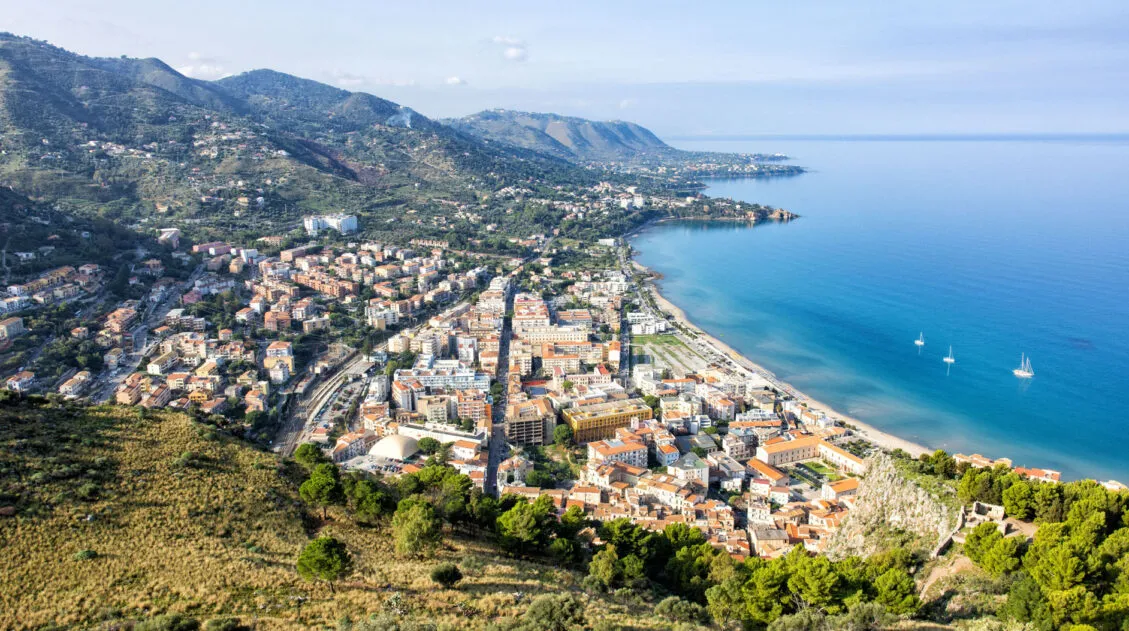
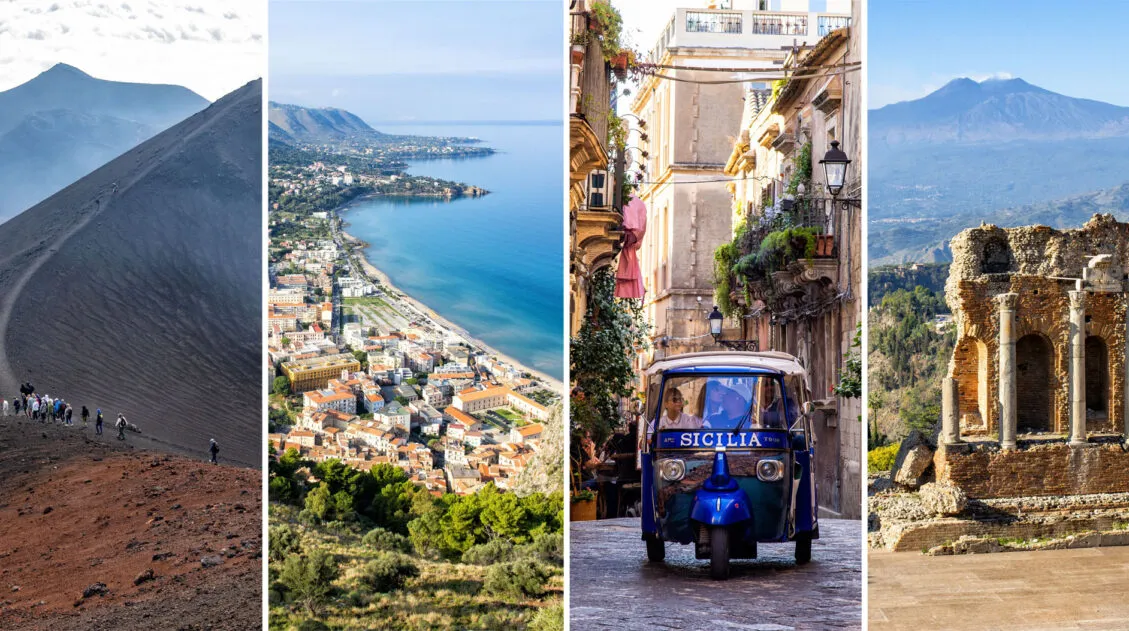
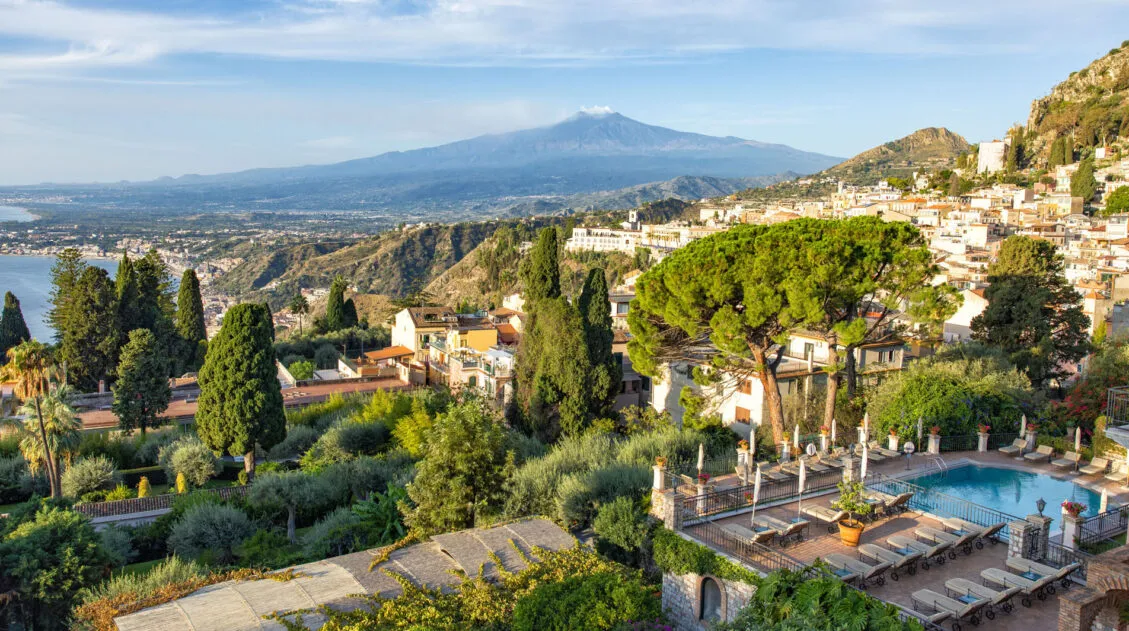
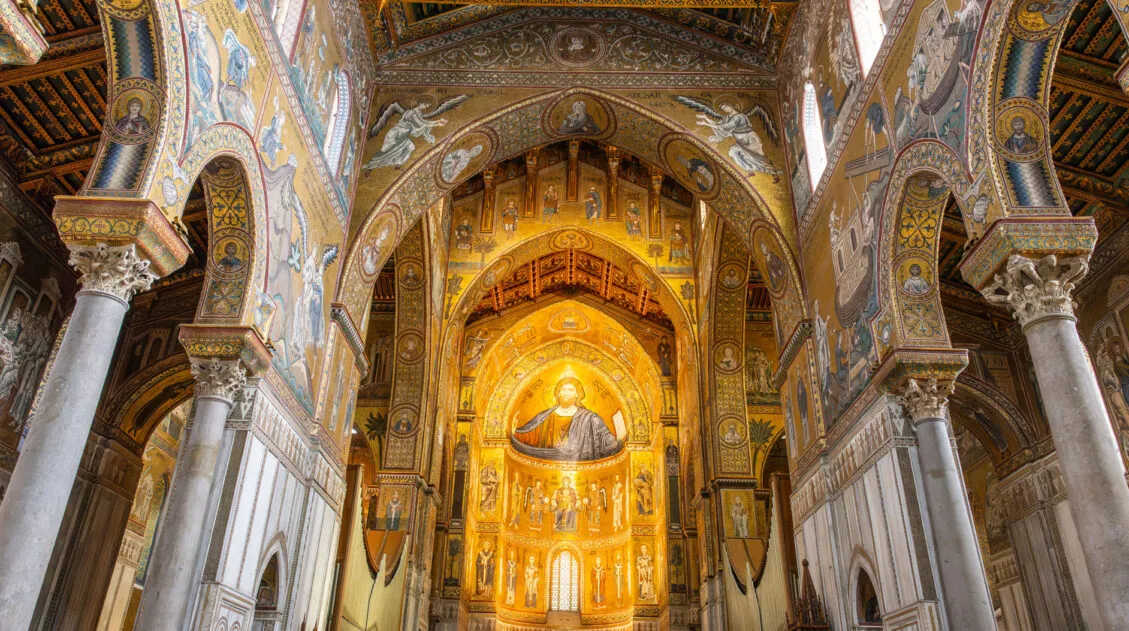
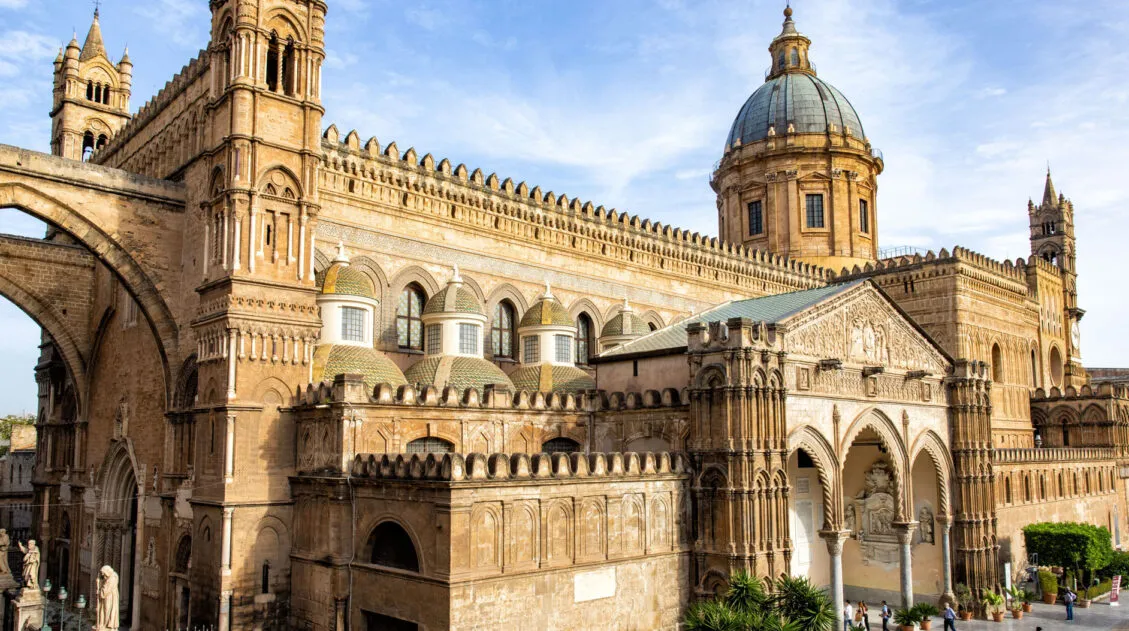
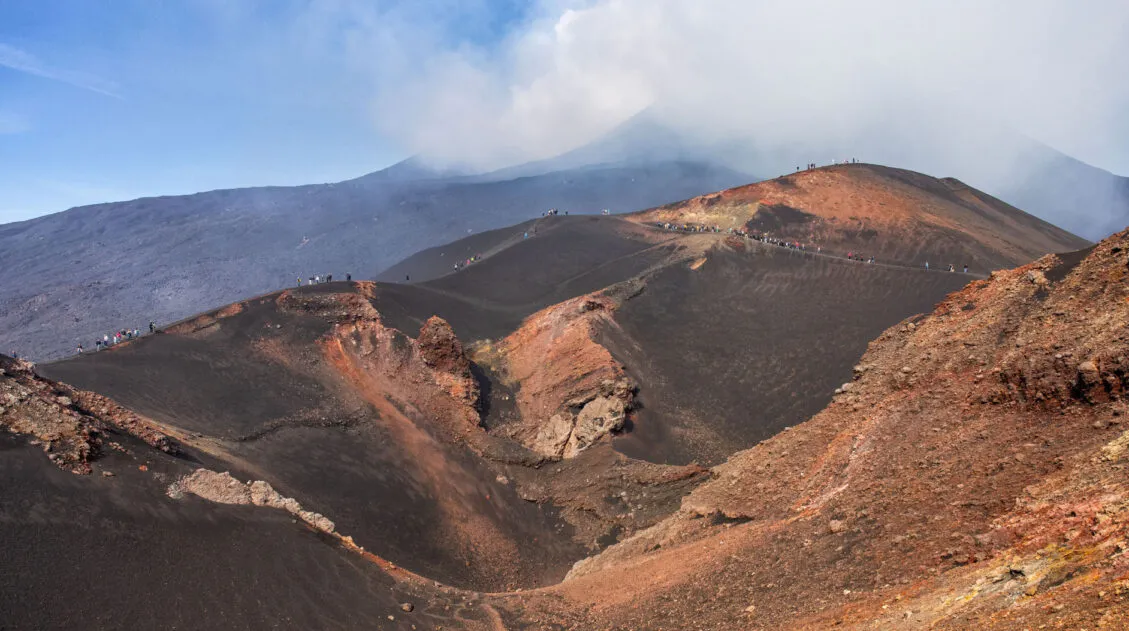
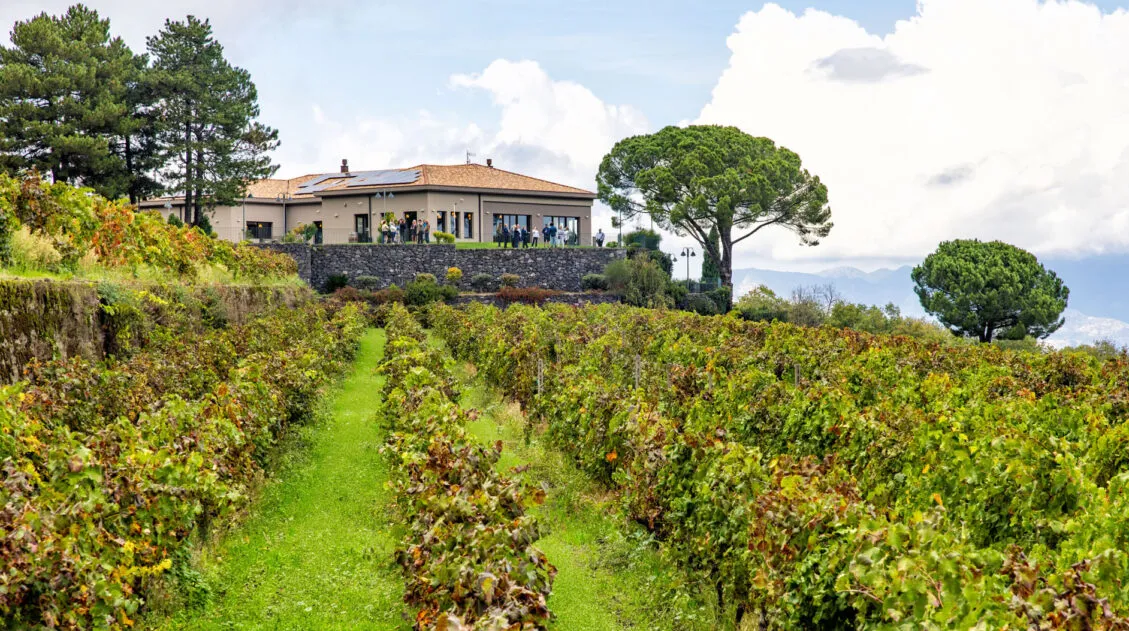

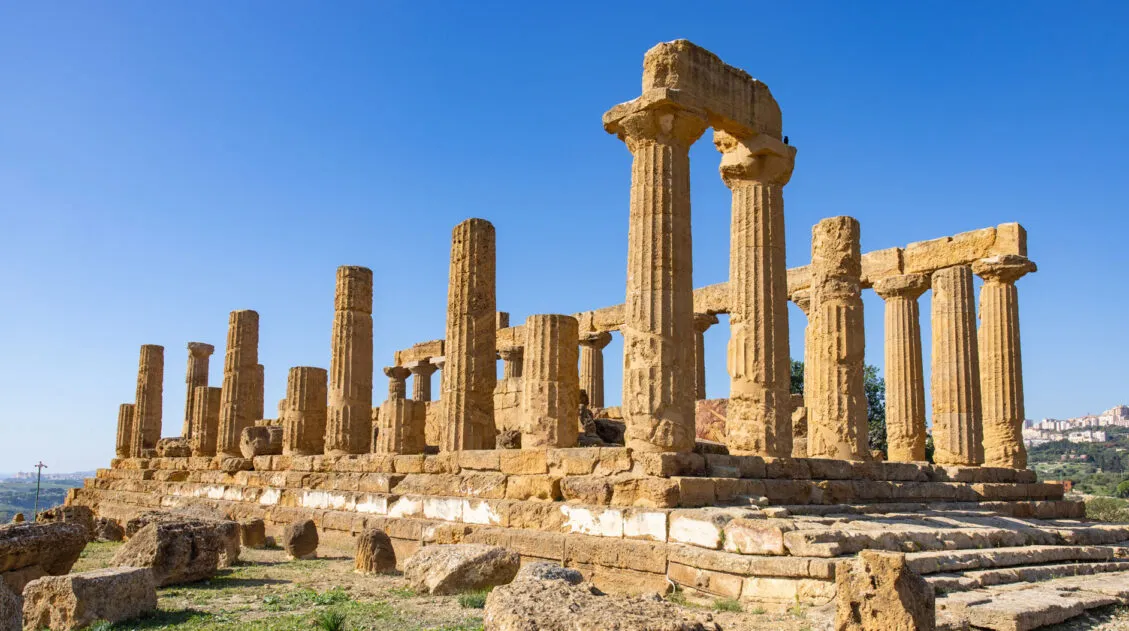
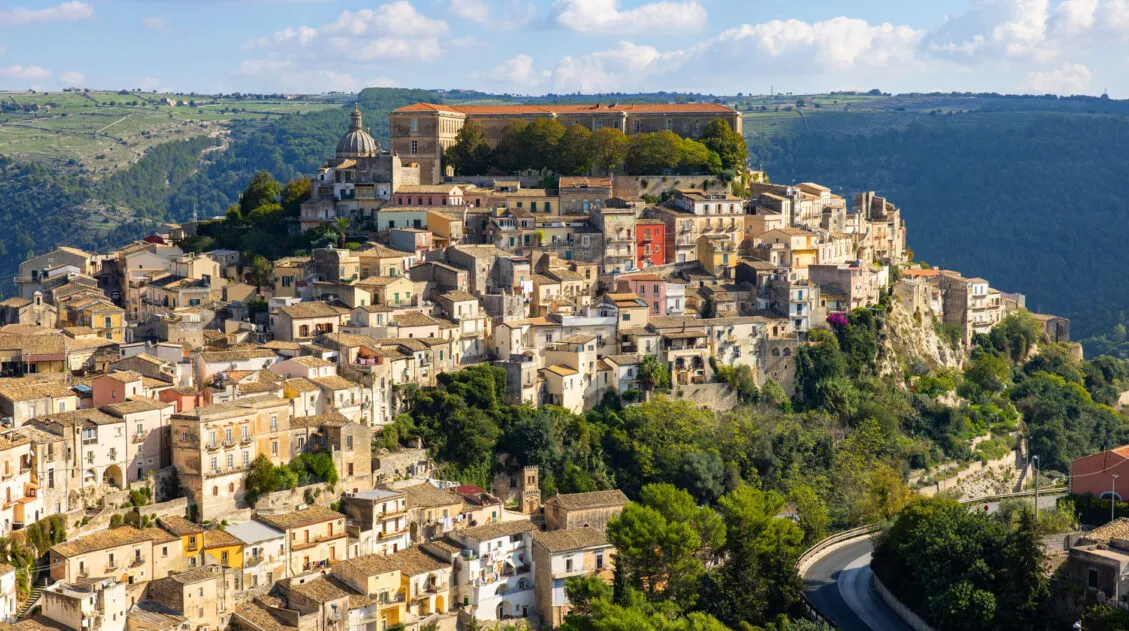
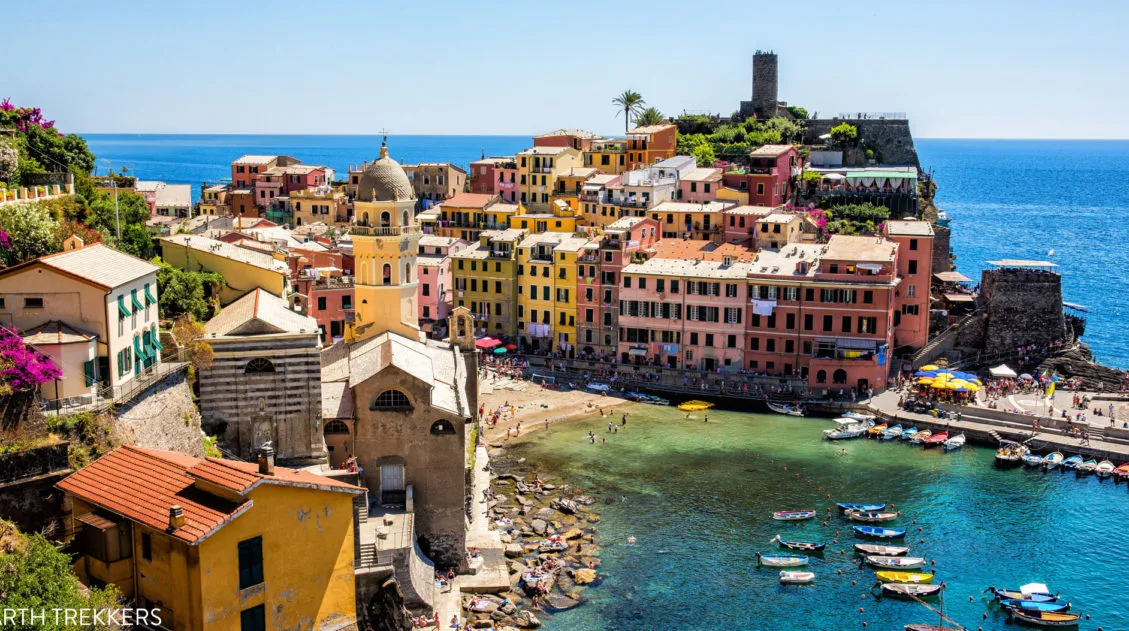
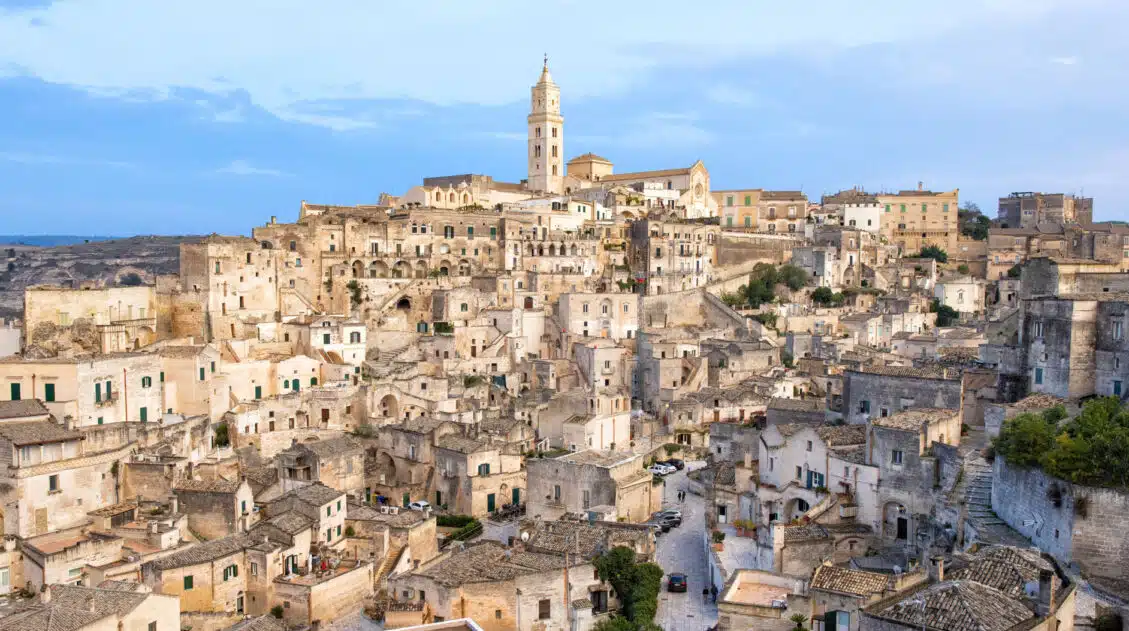
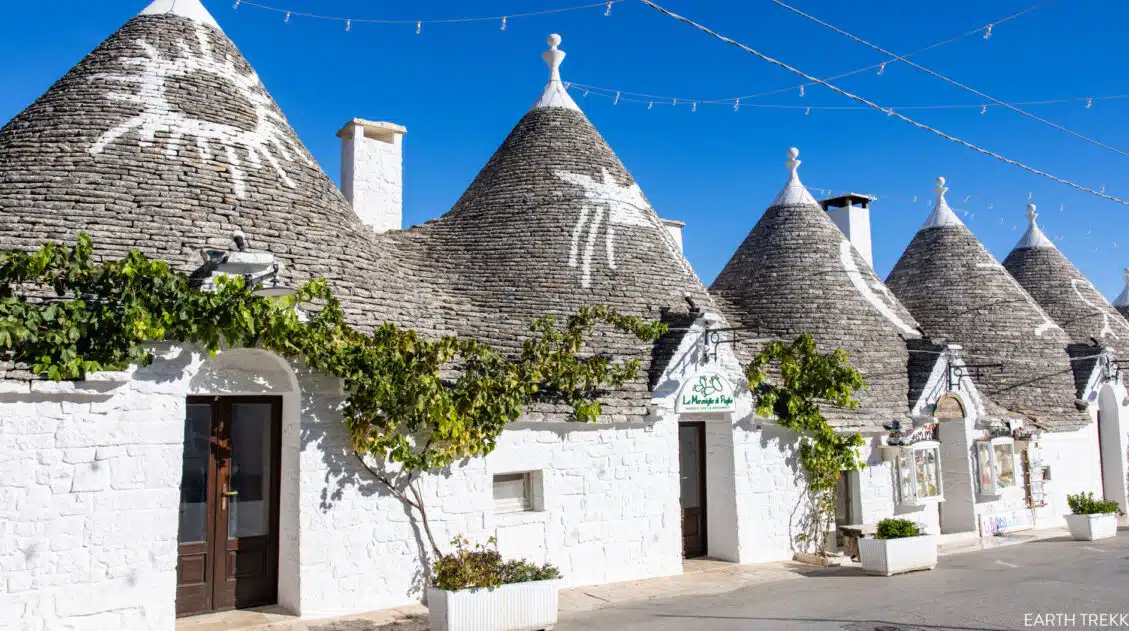
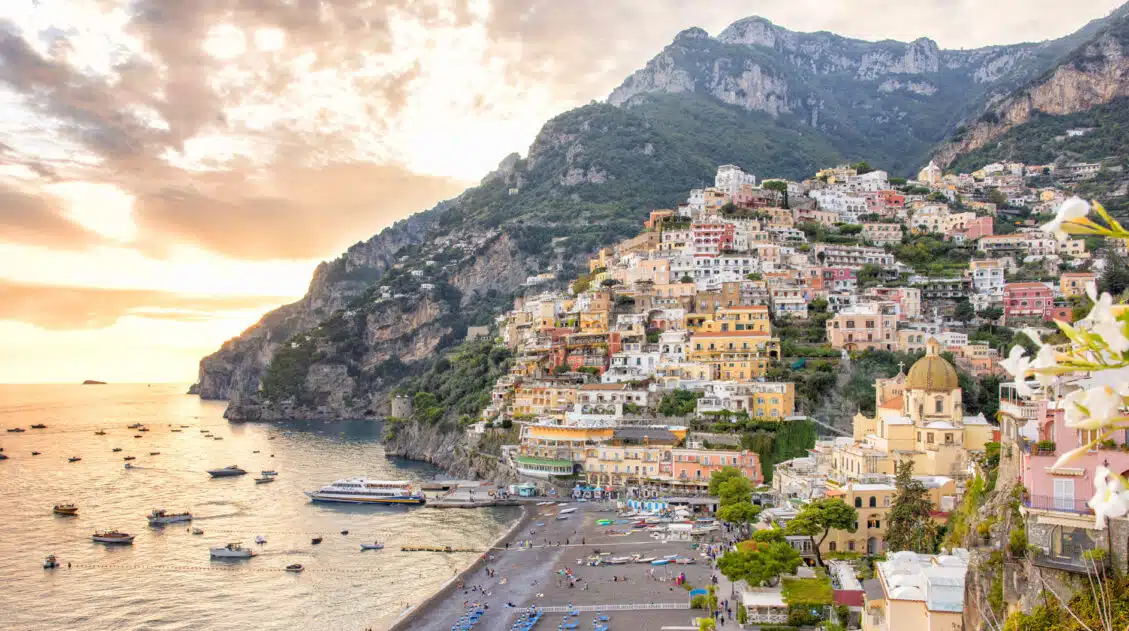
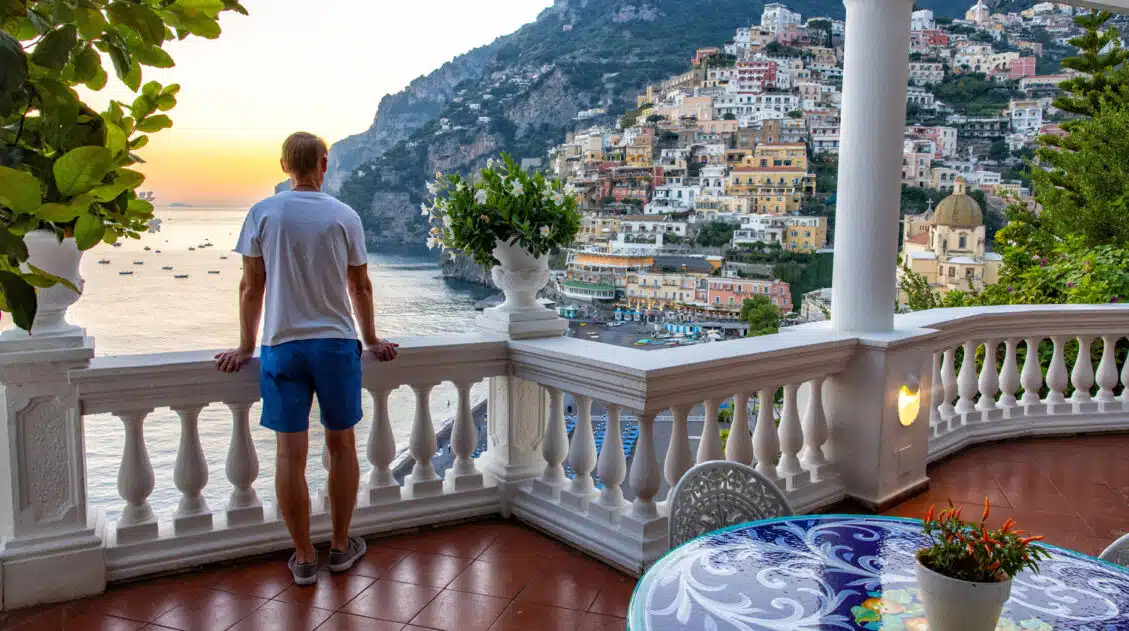
Leave a Comment